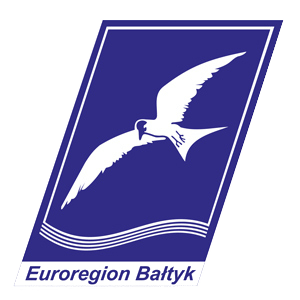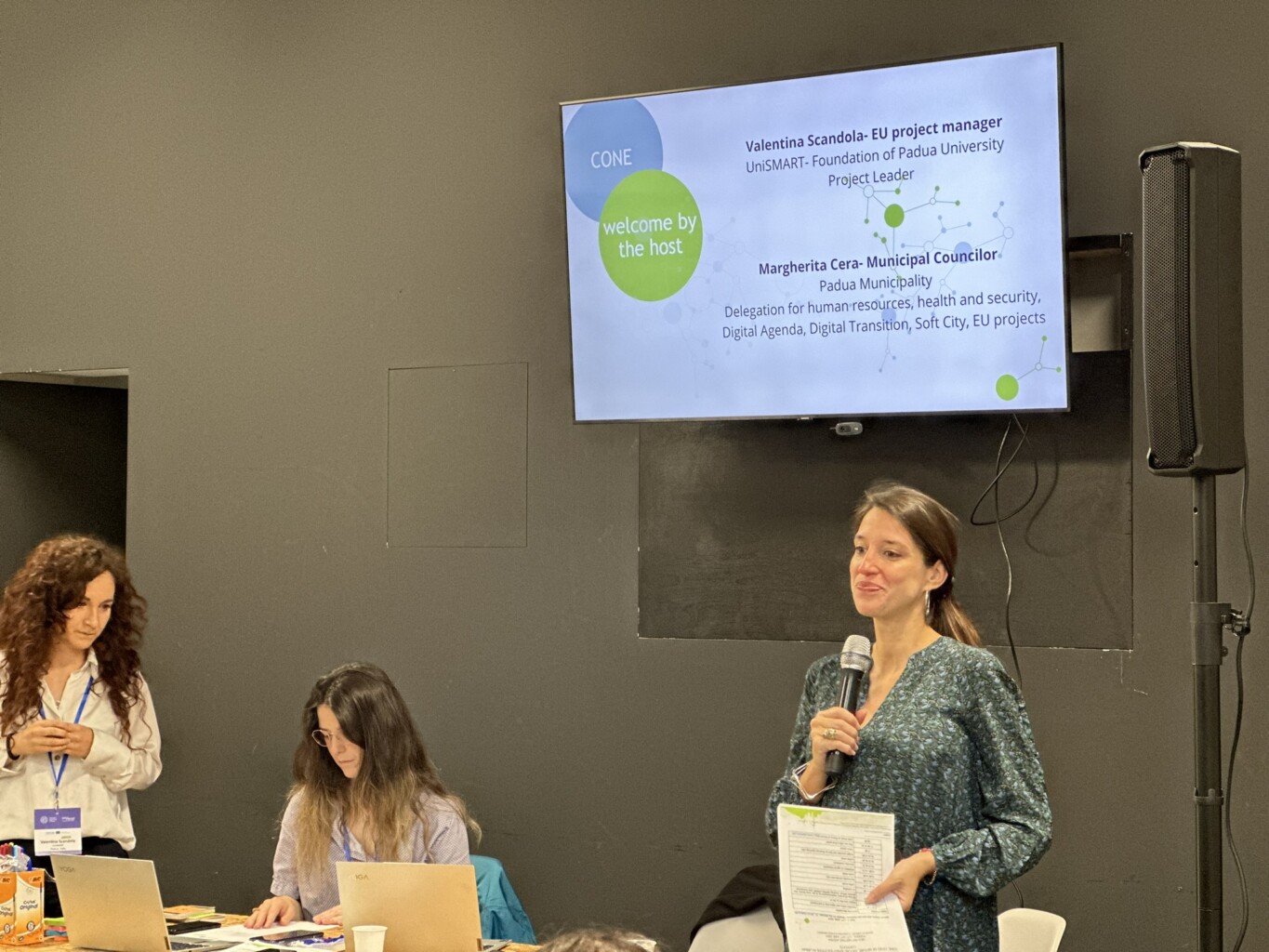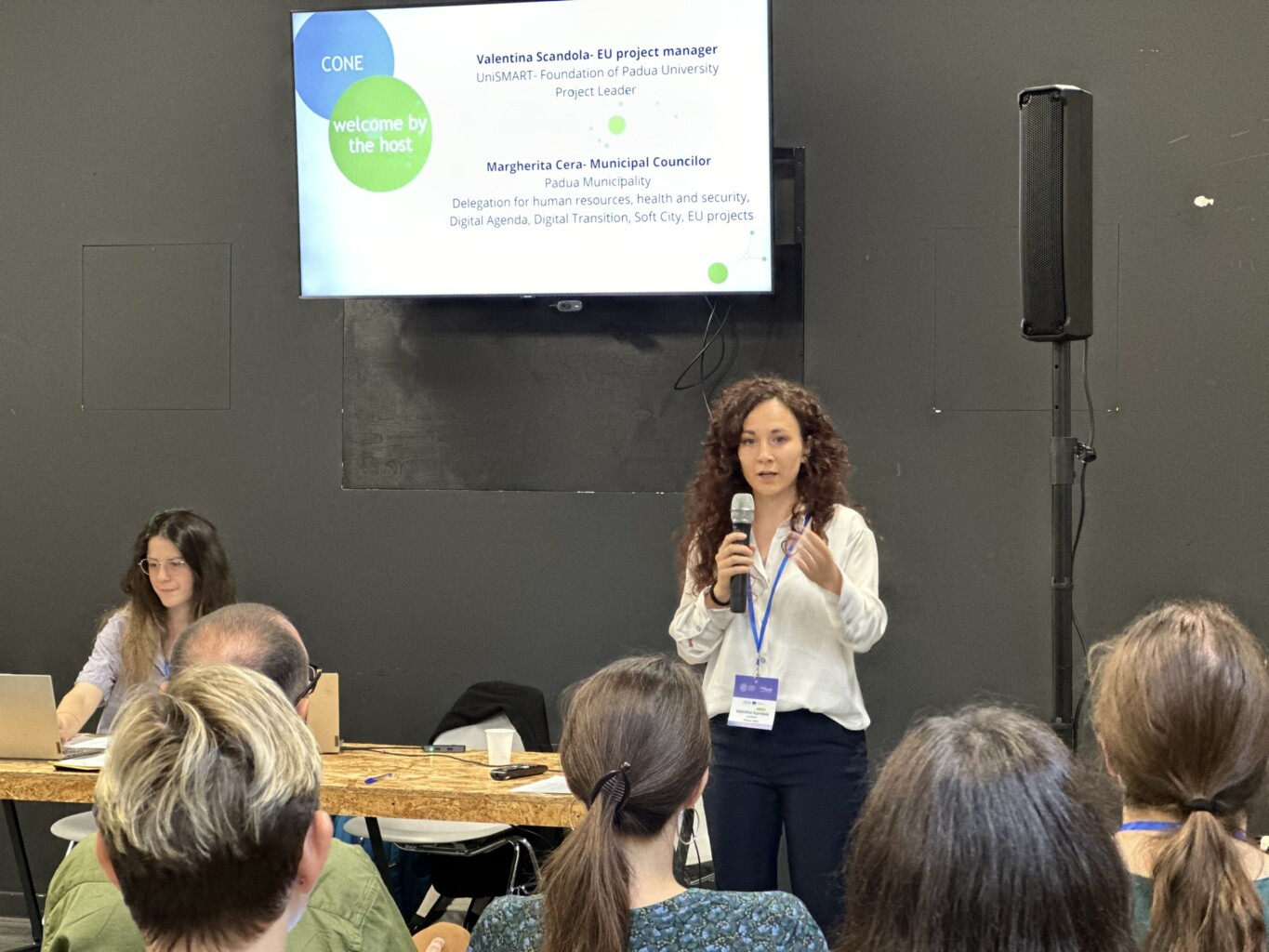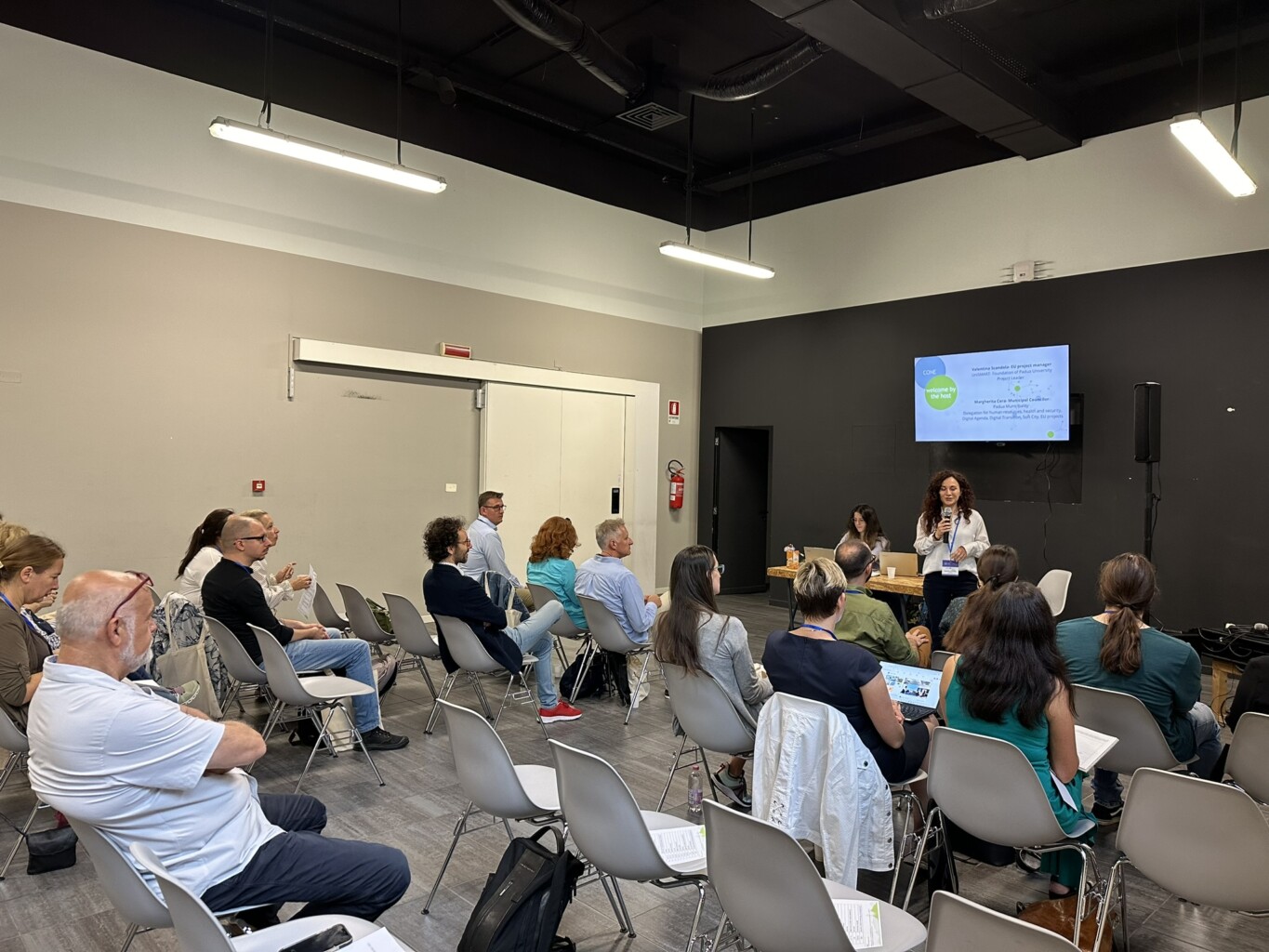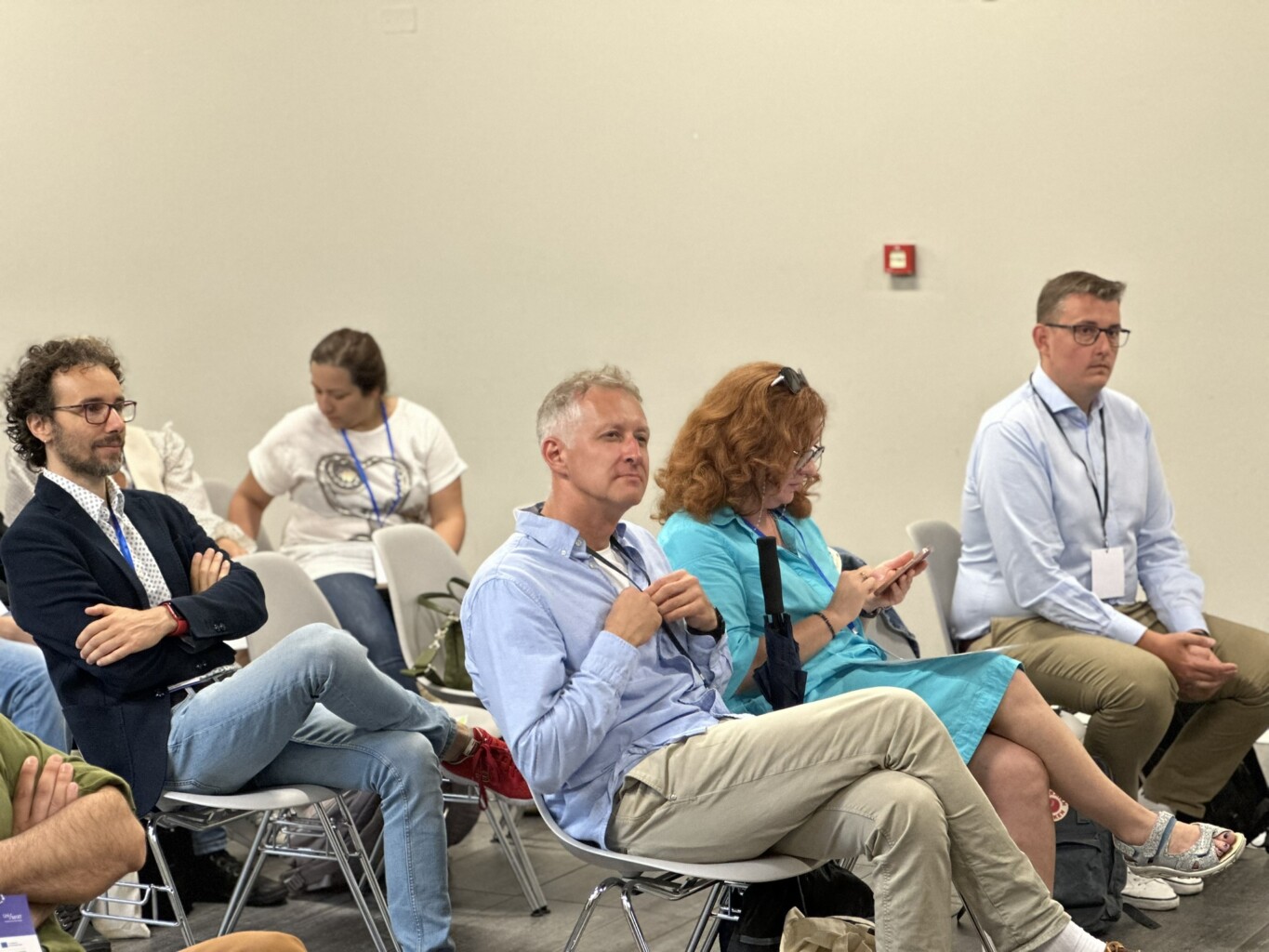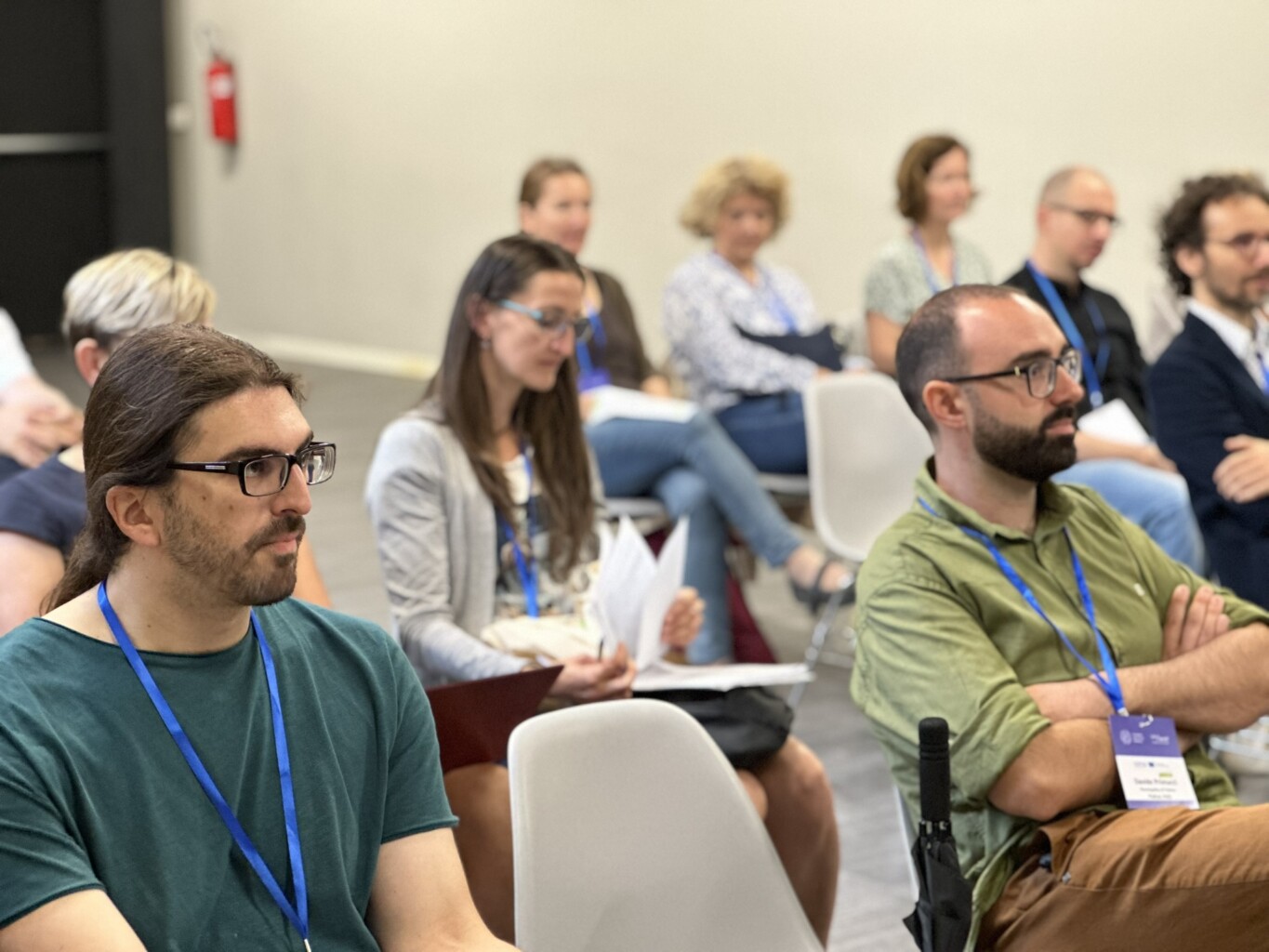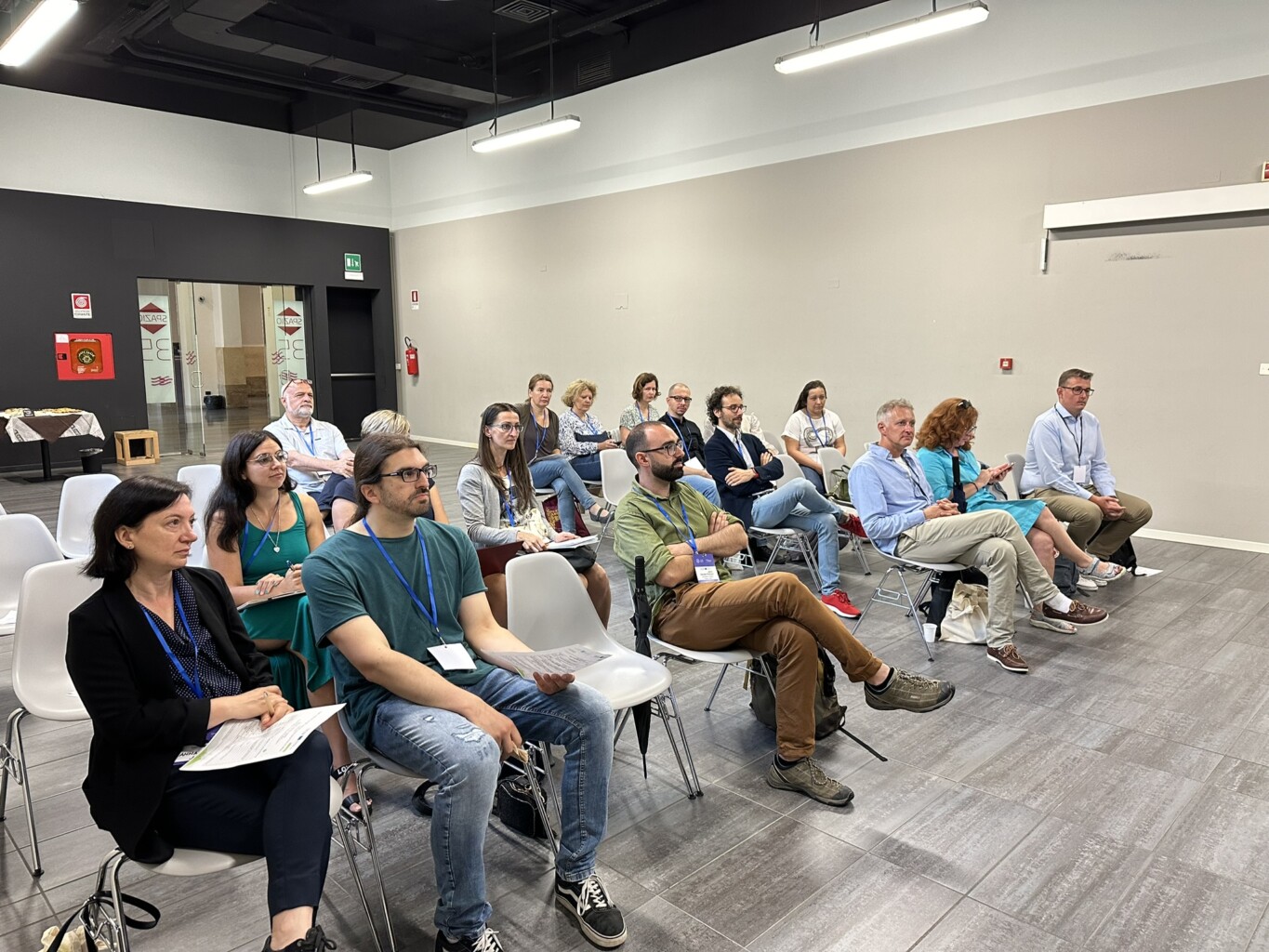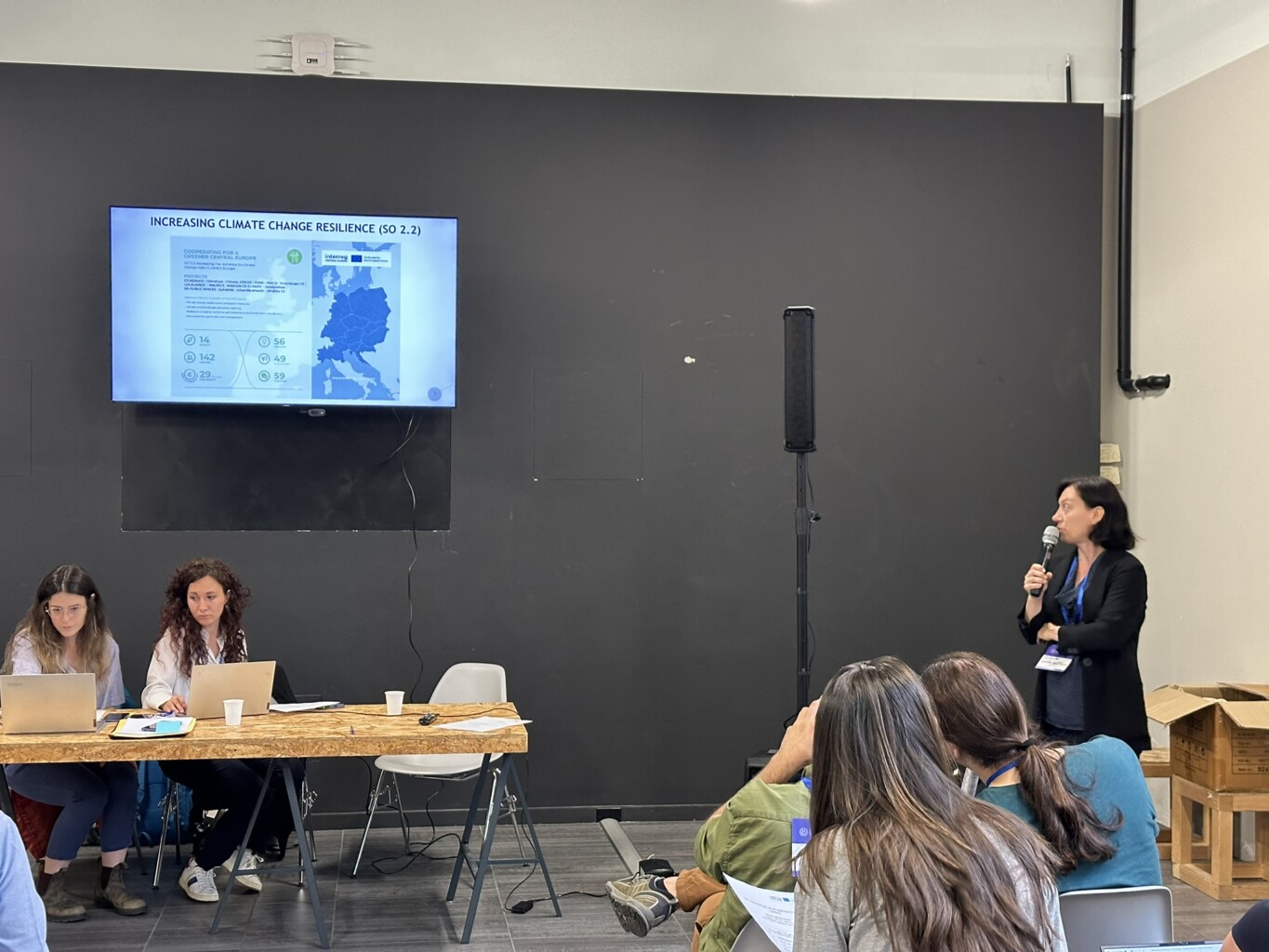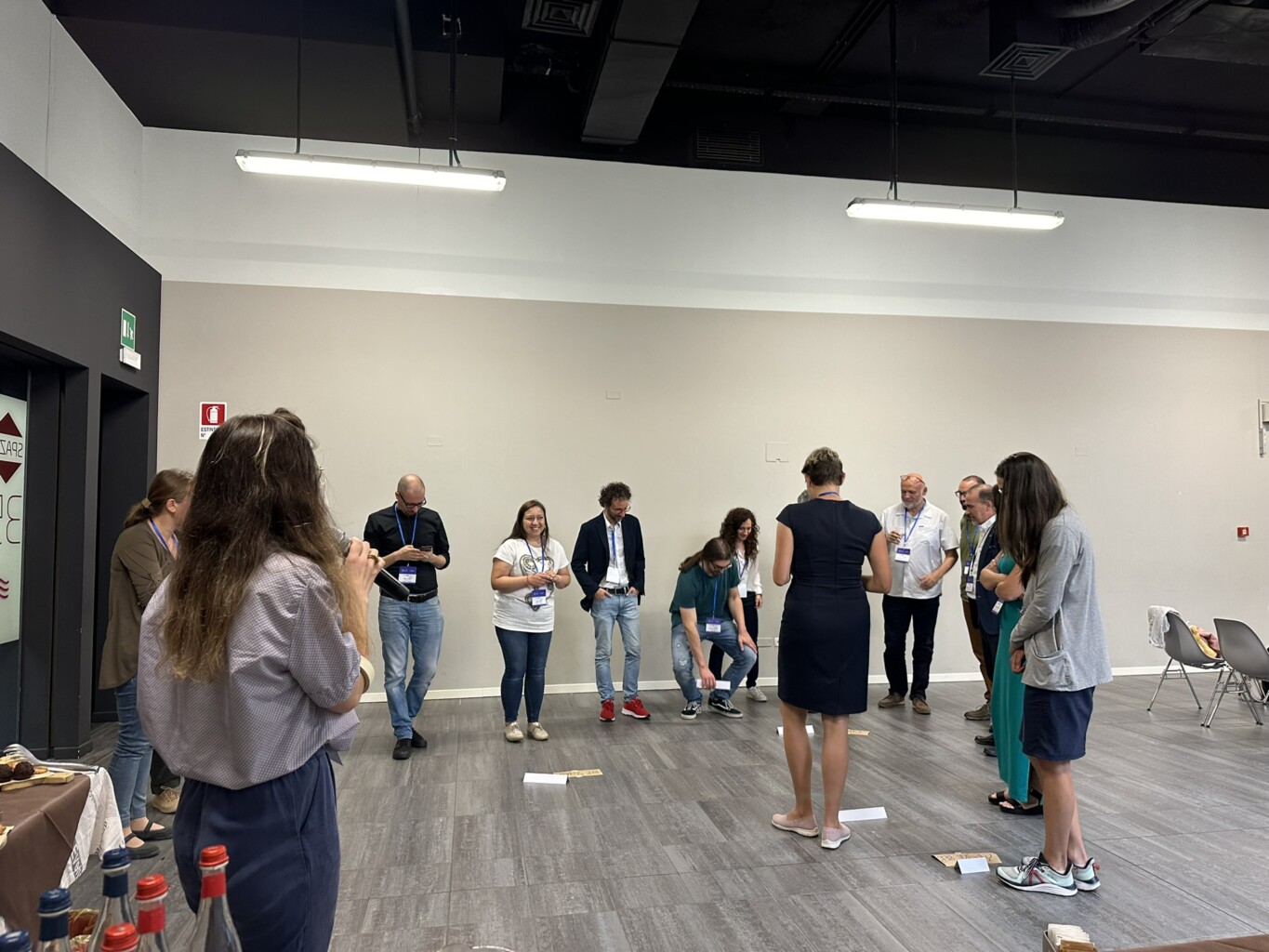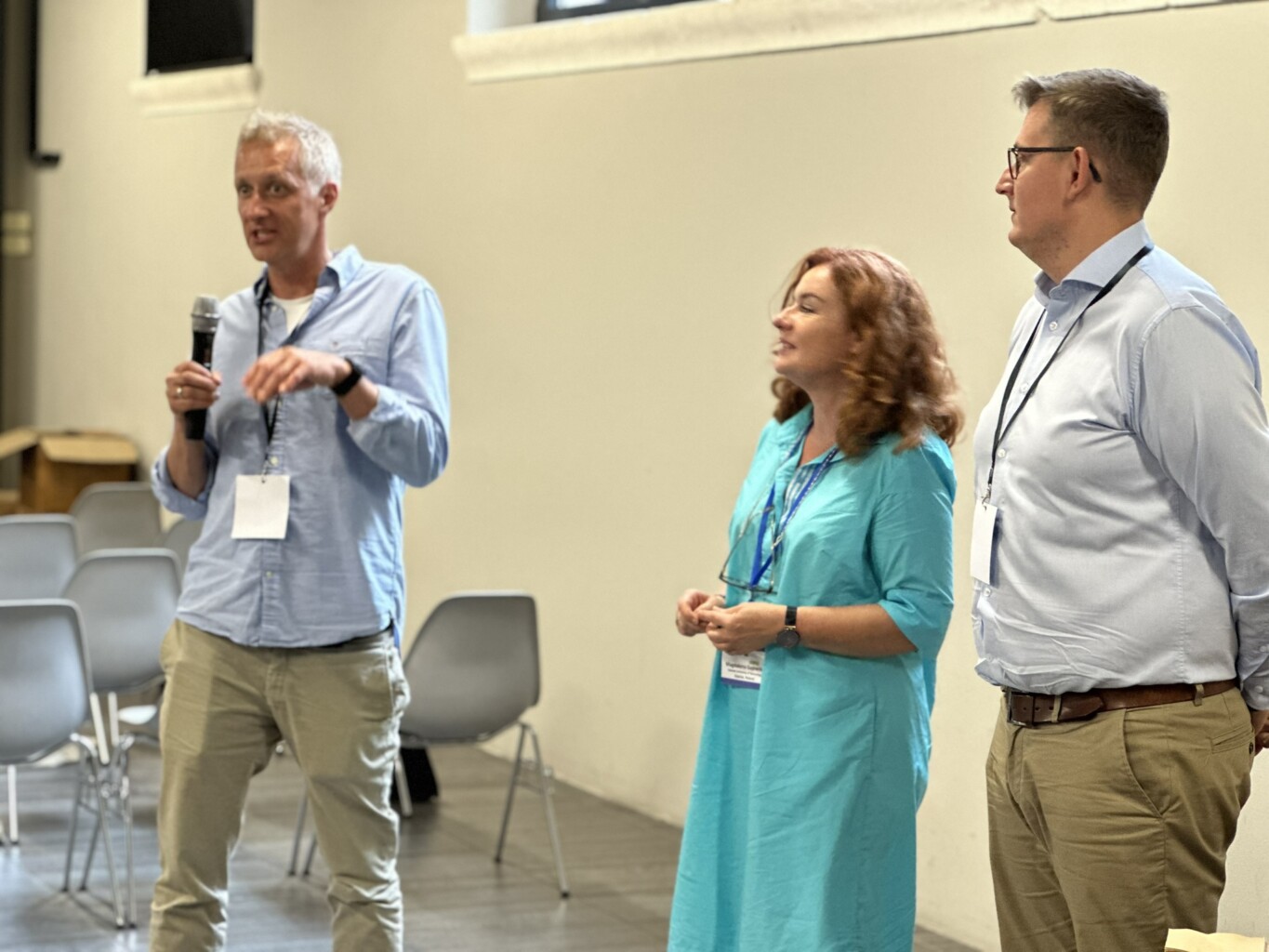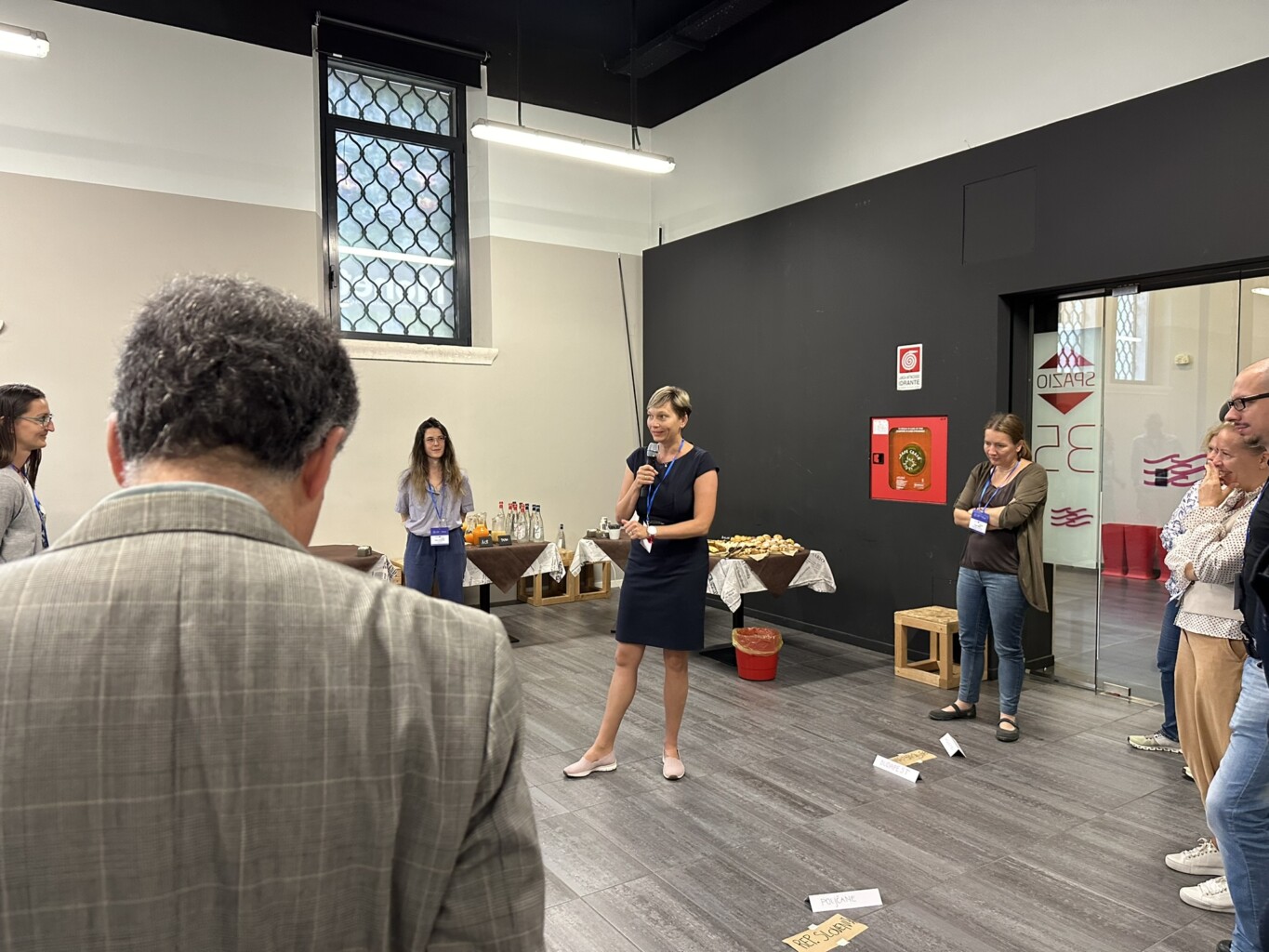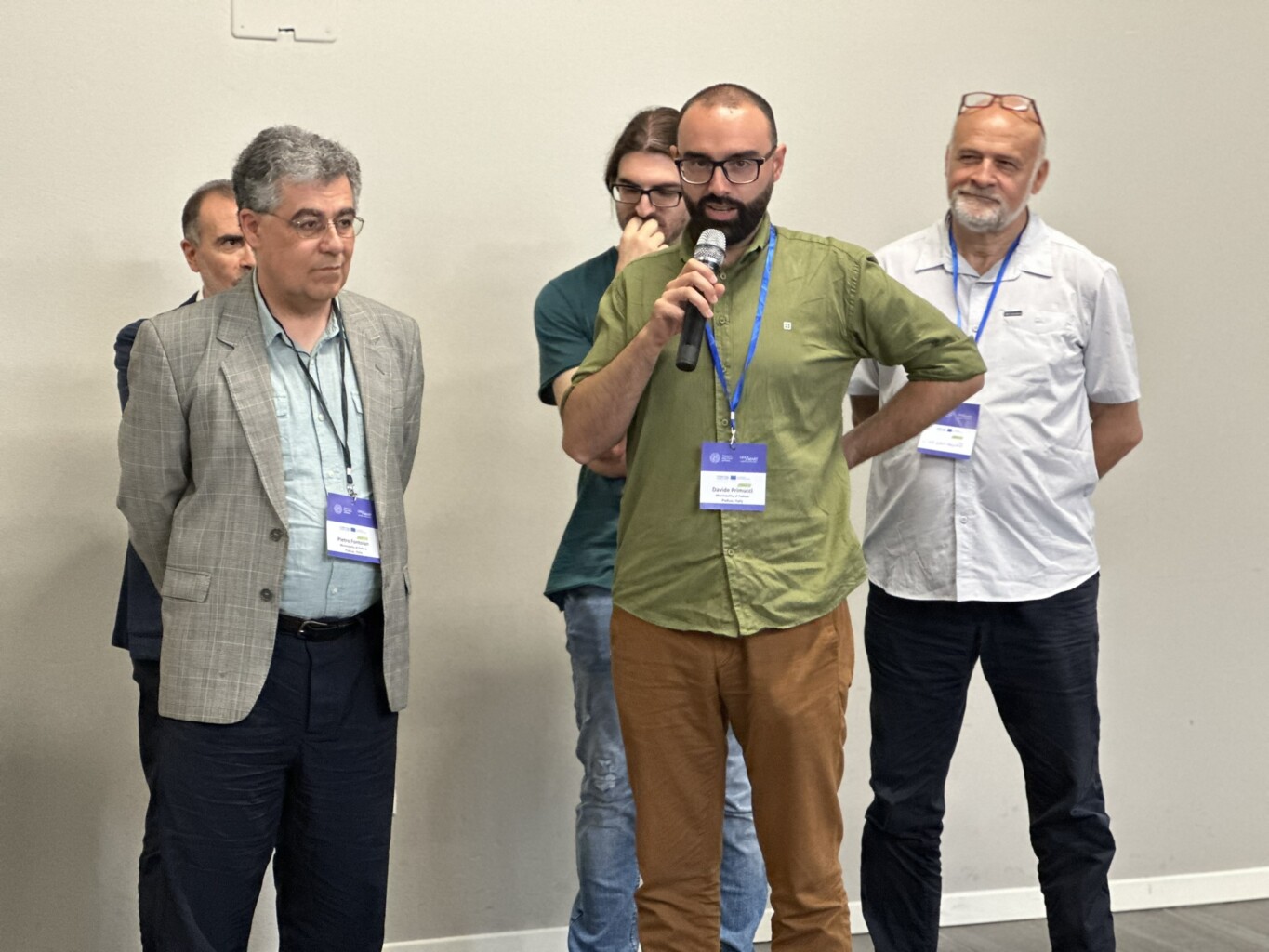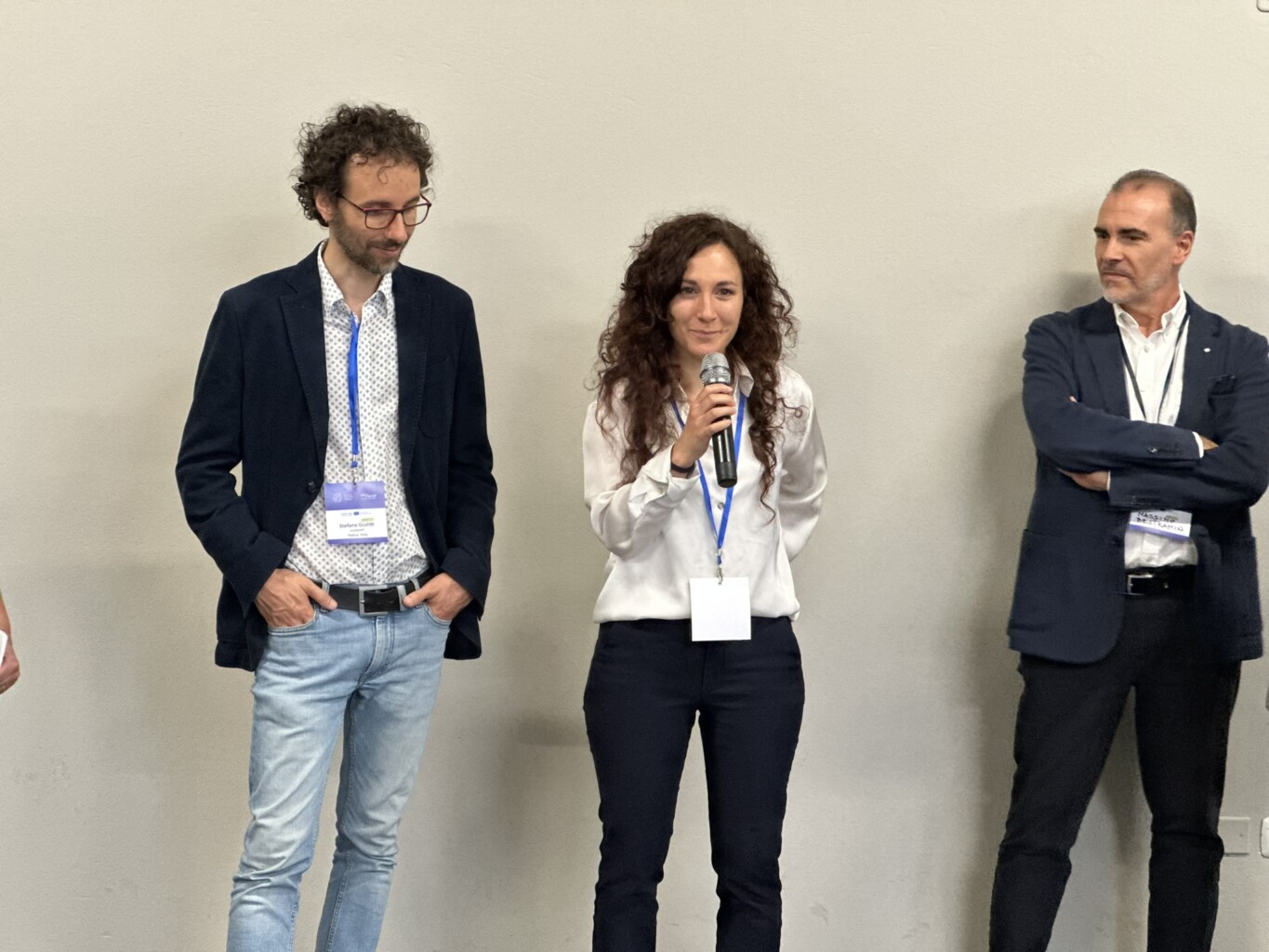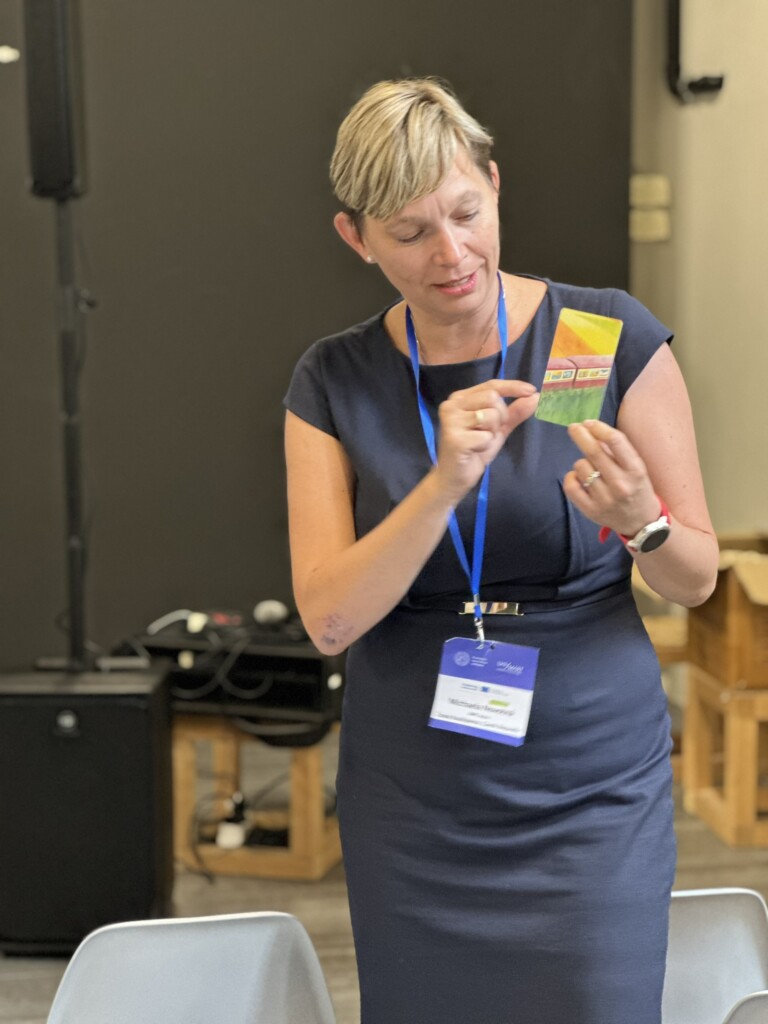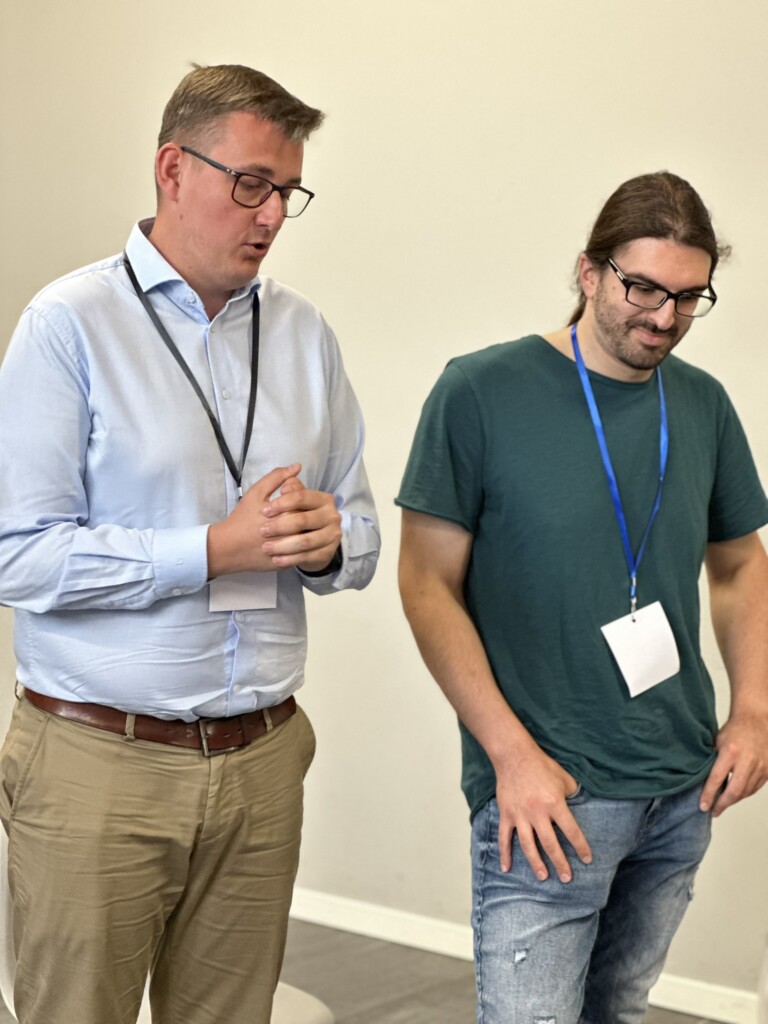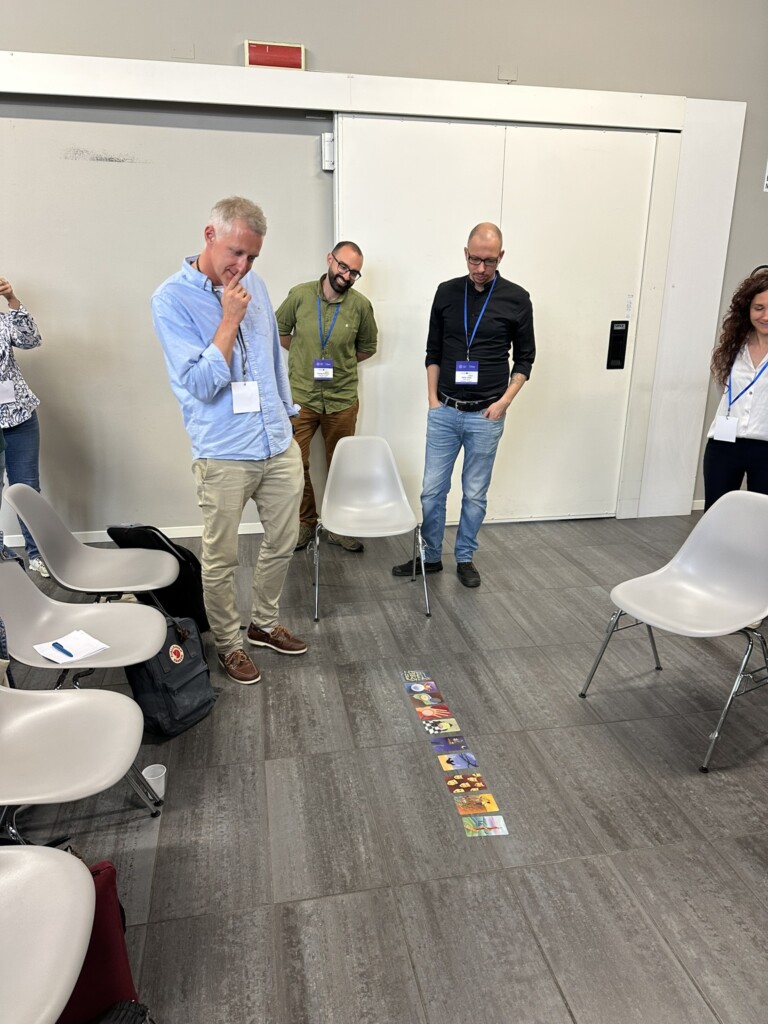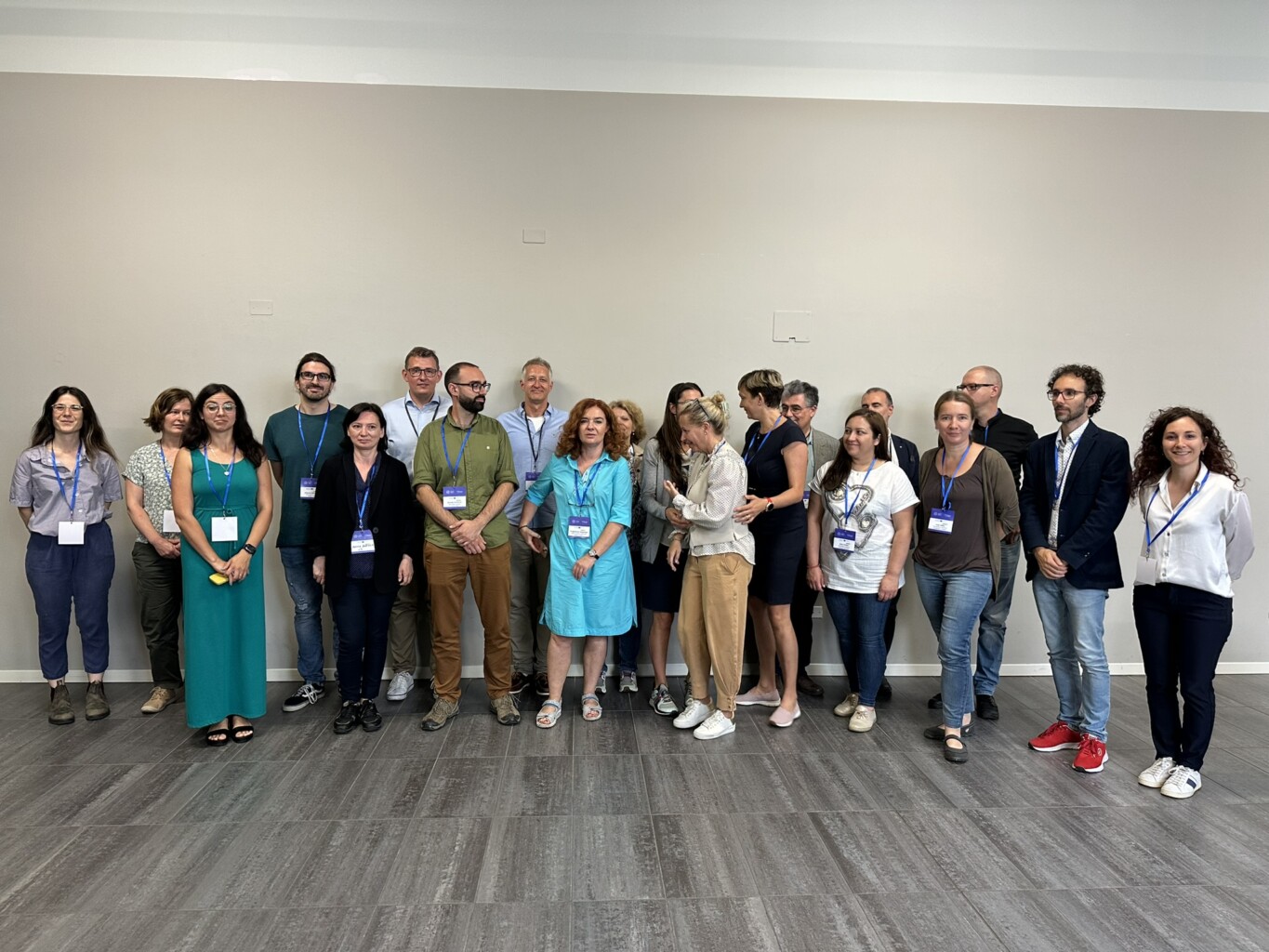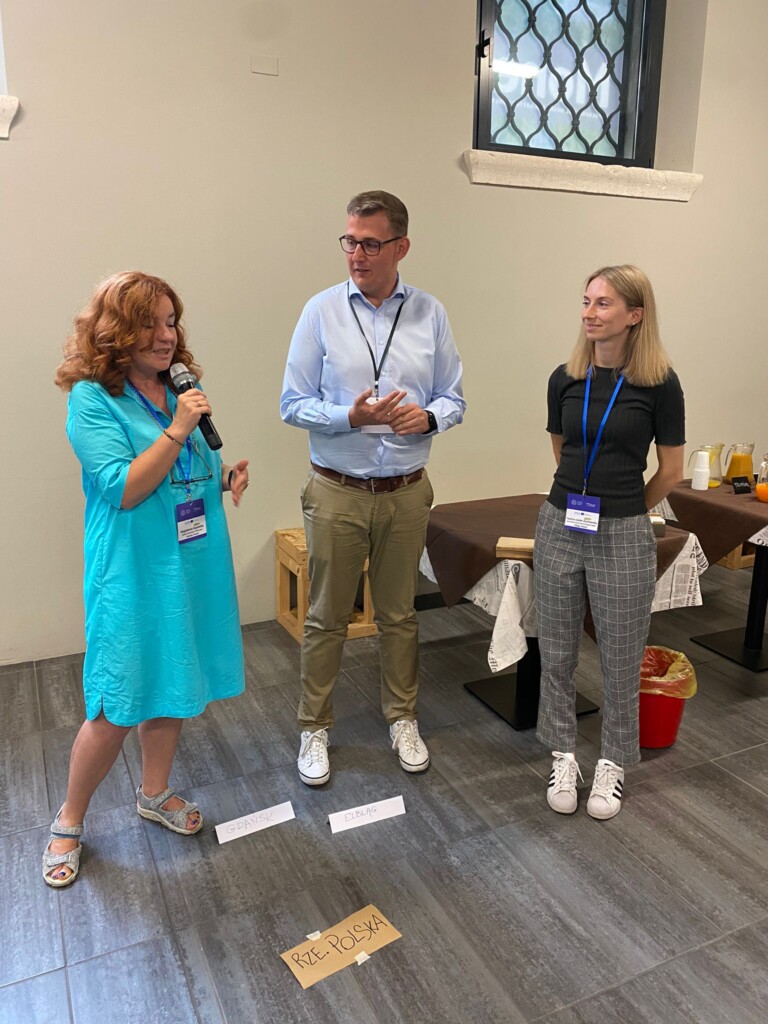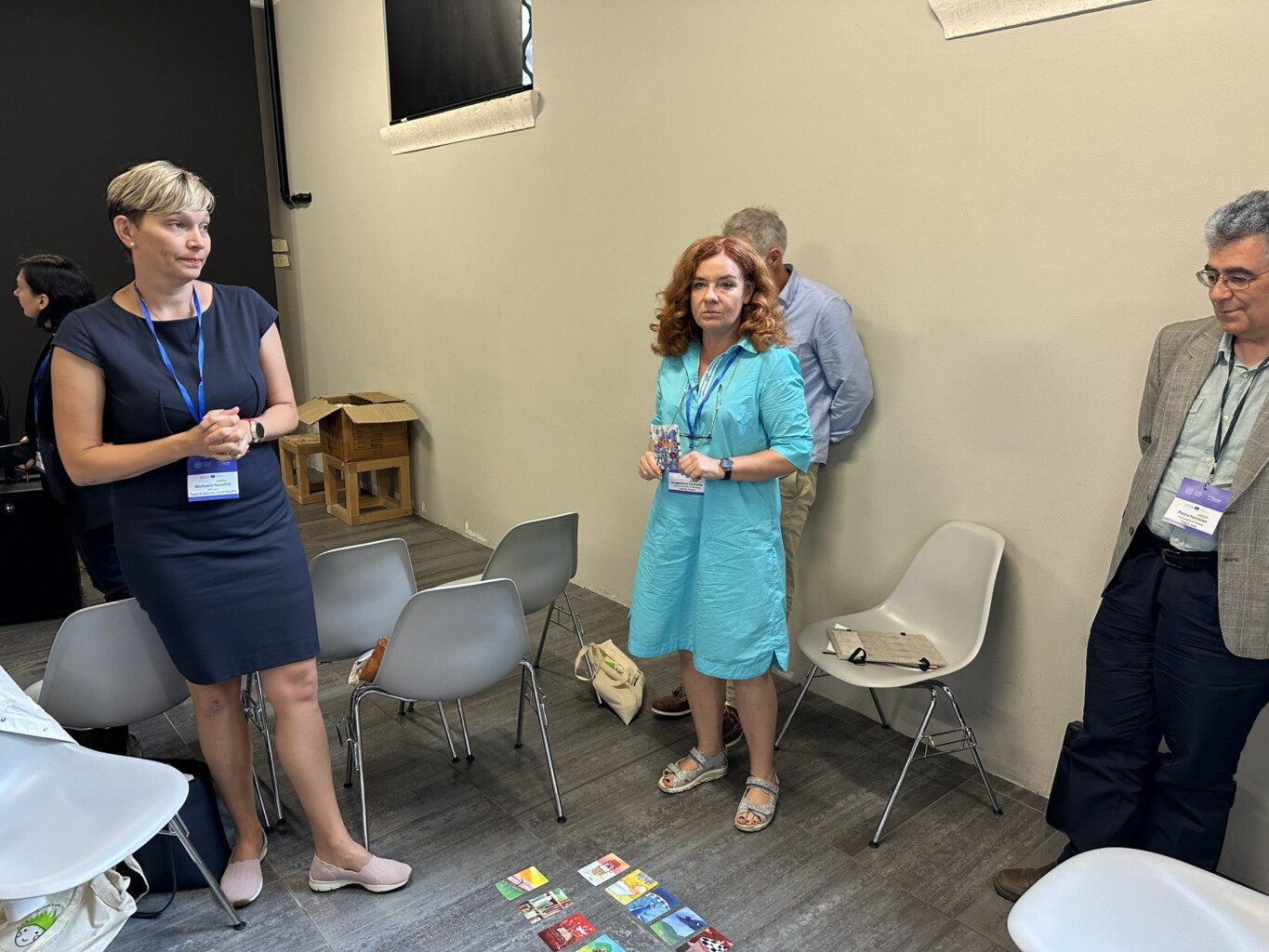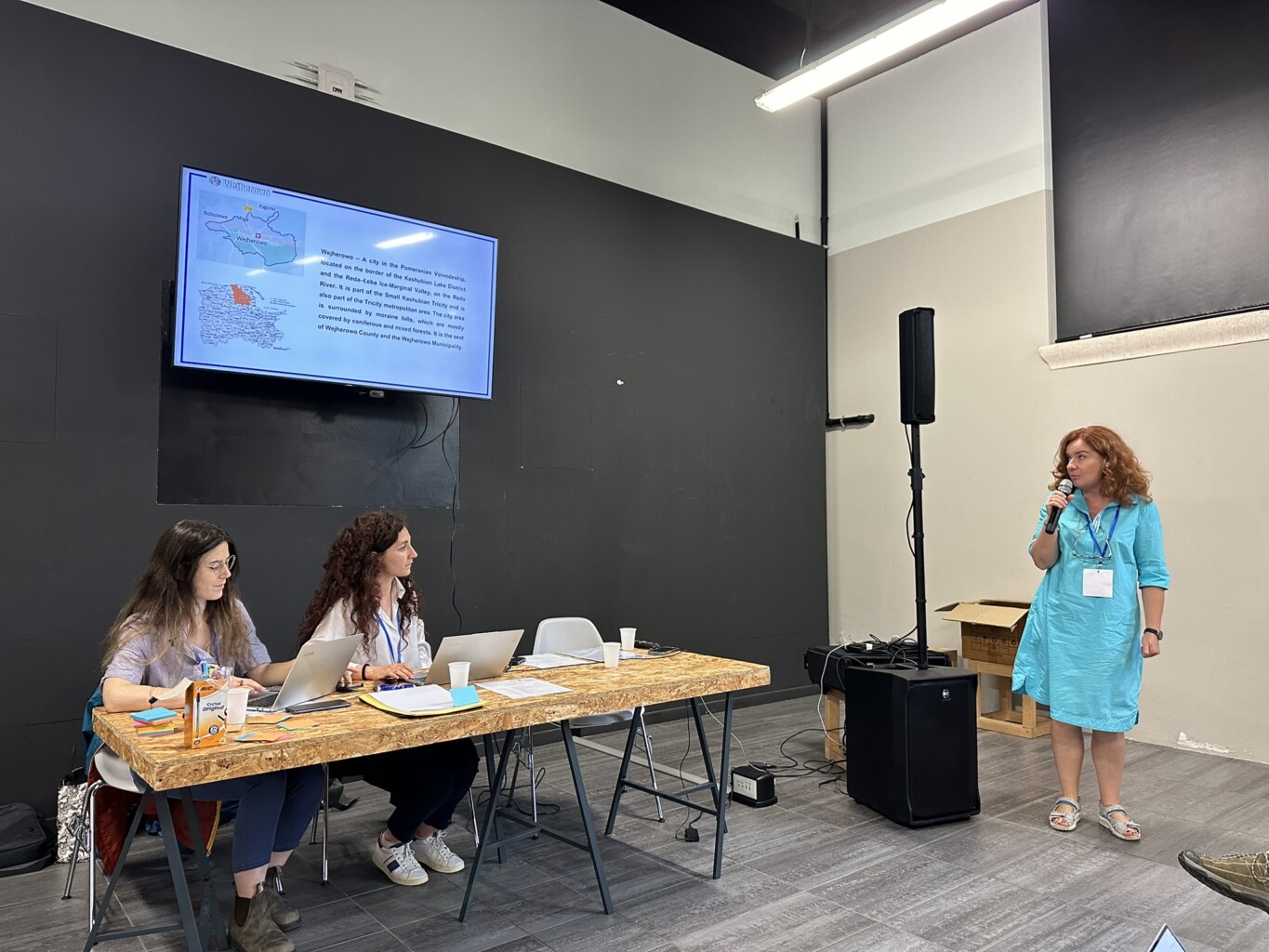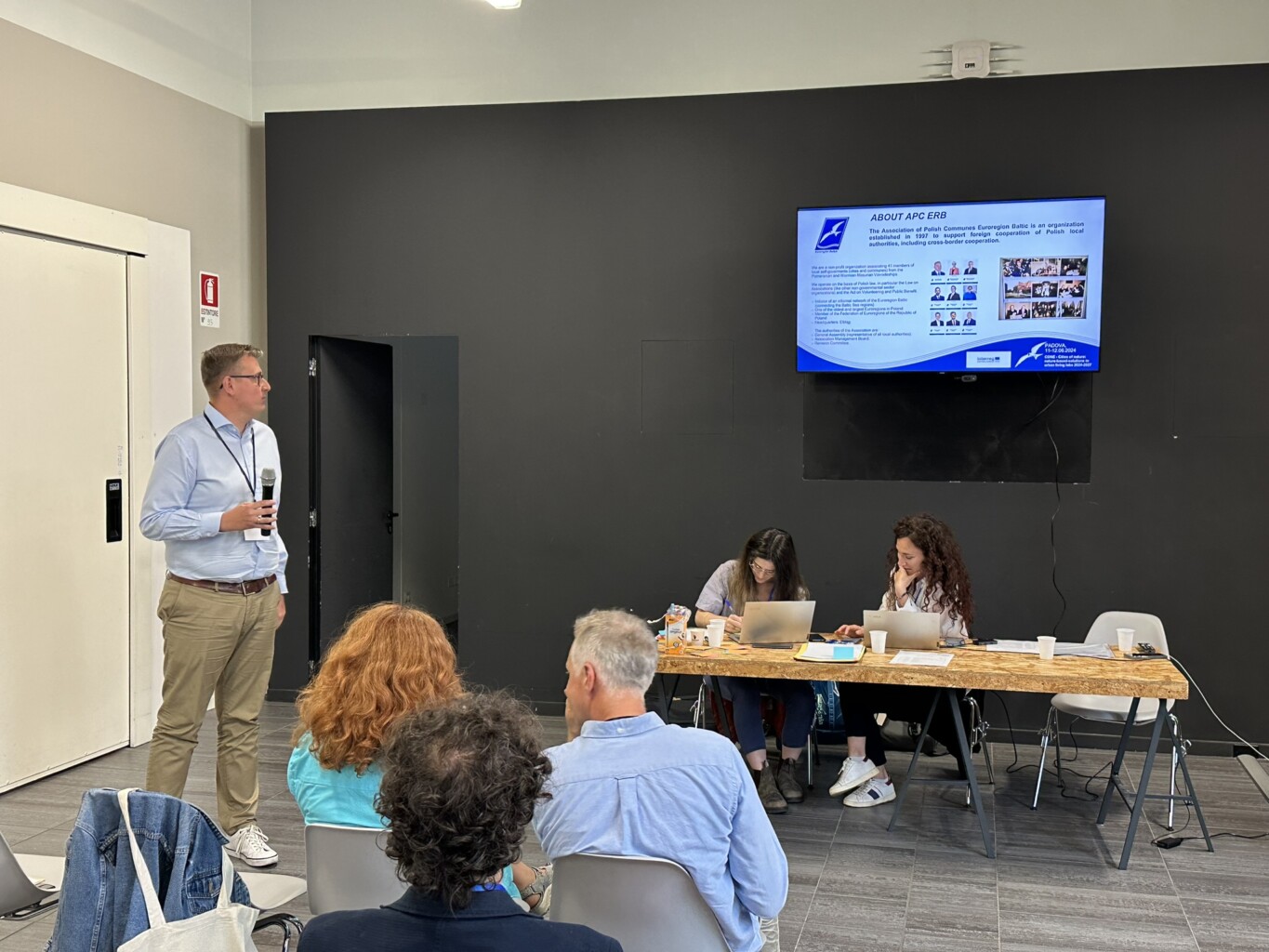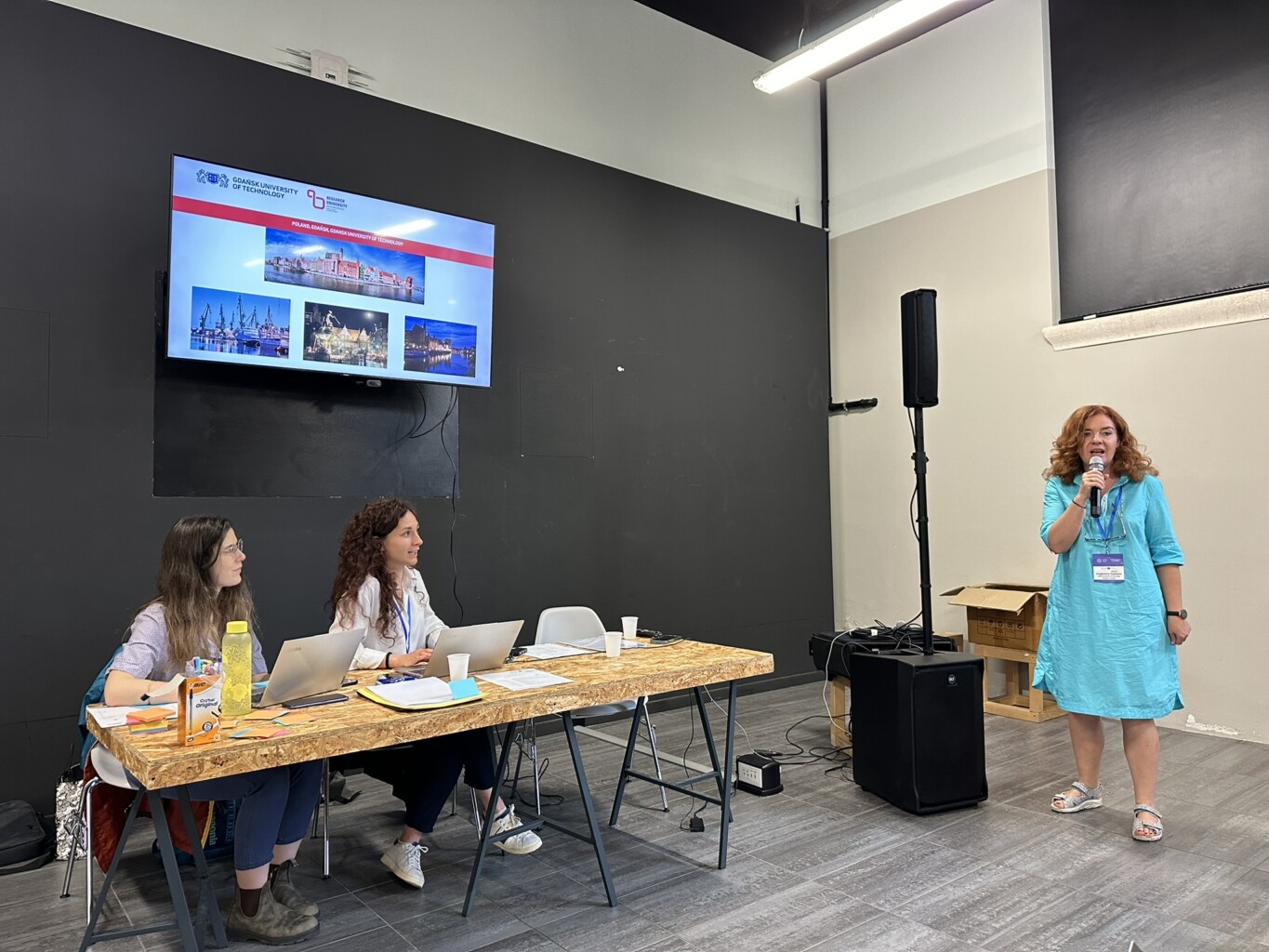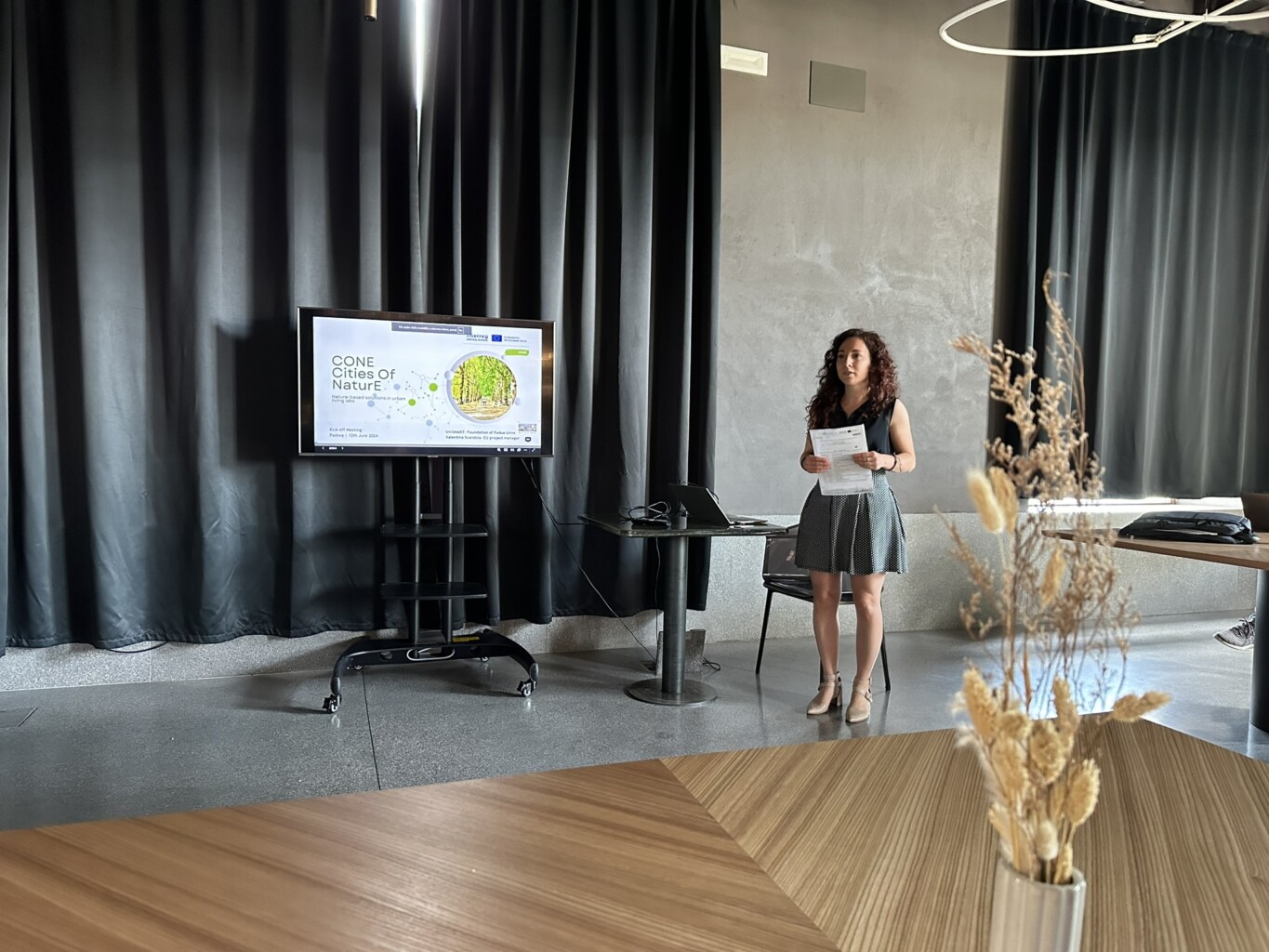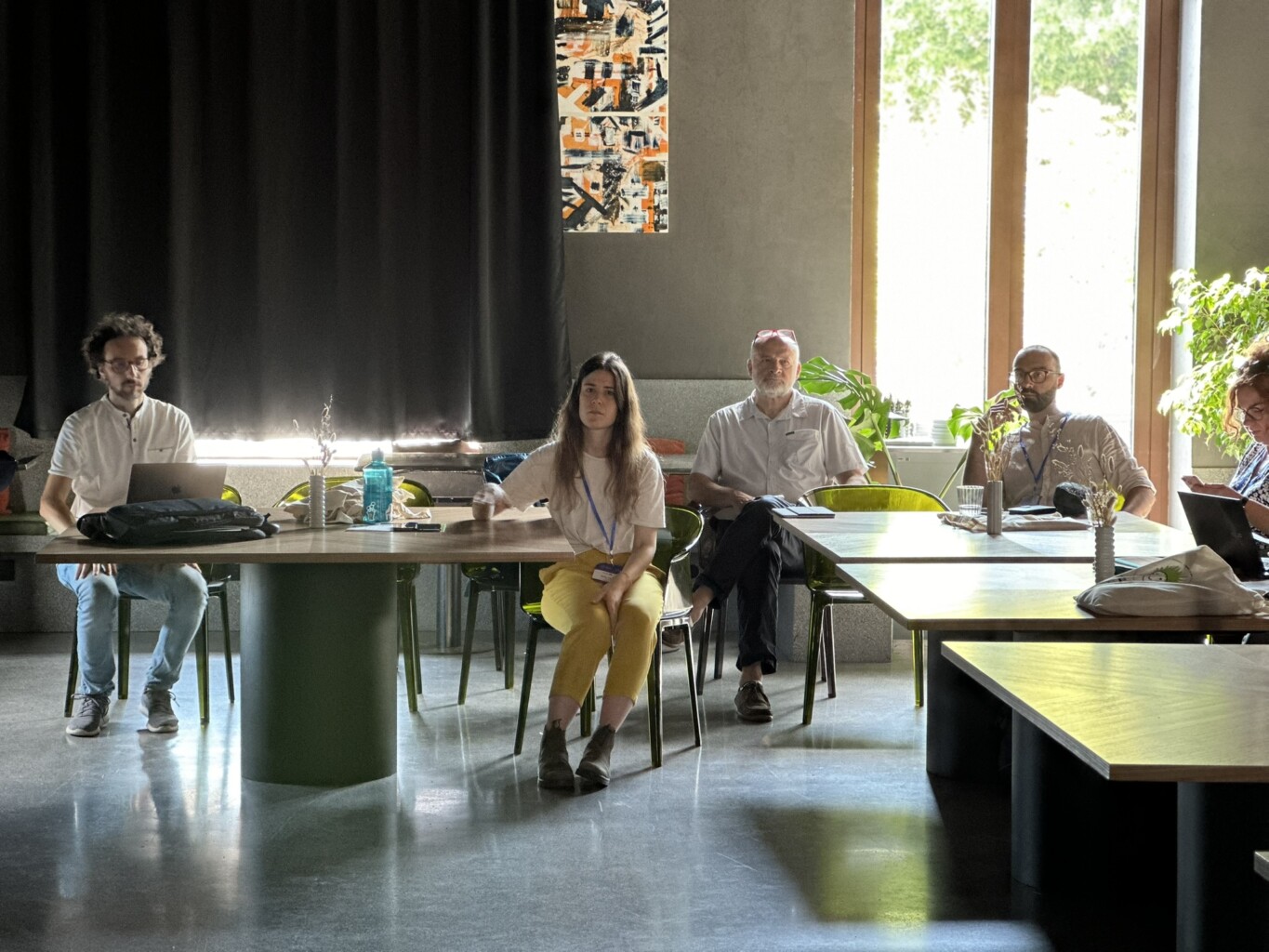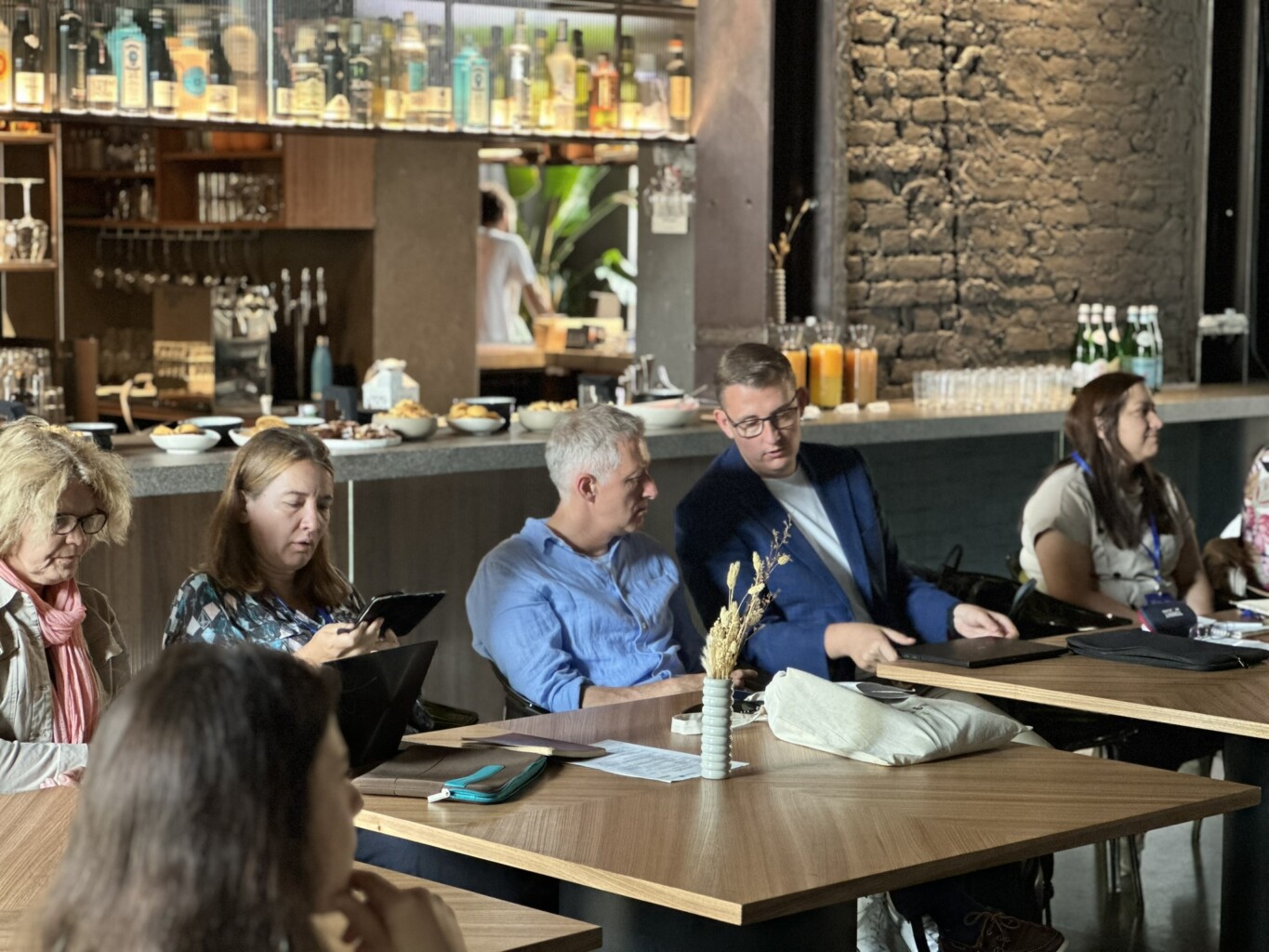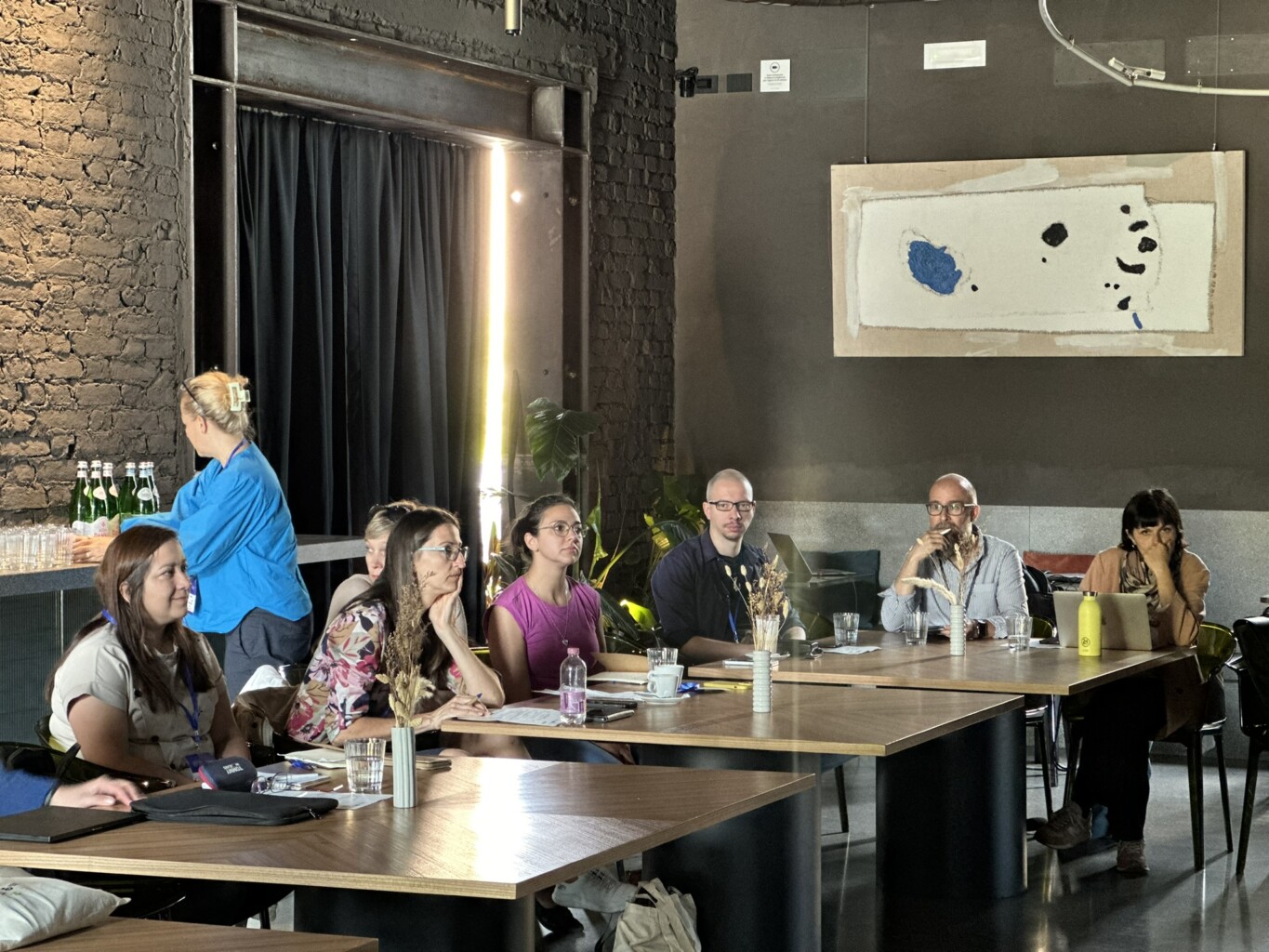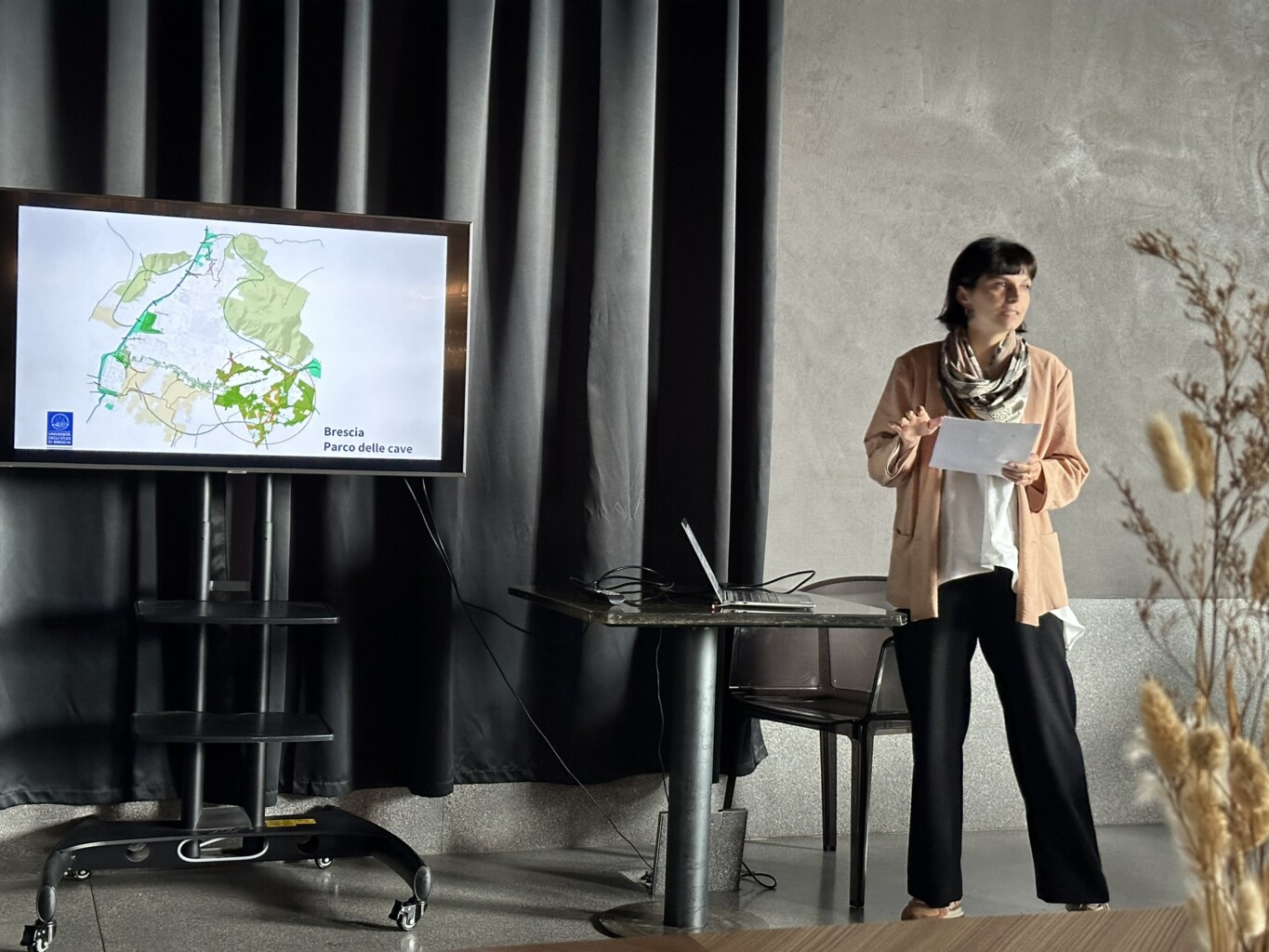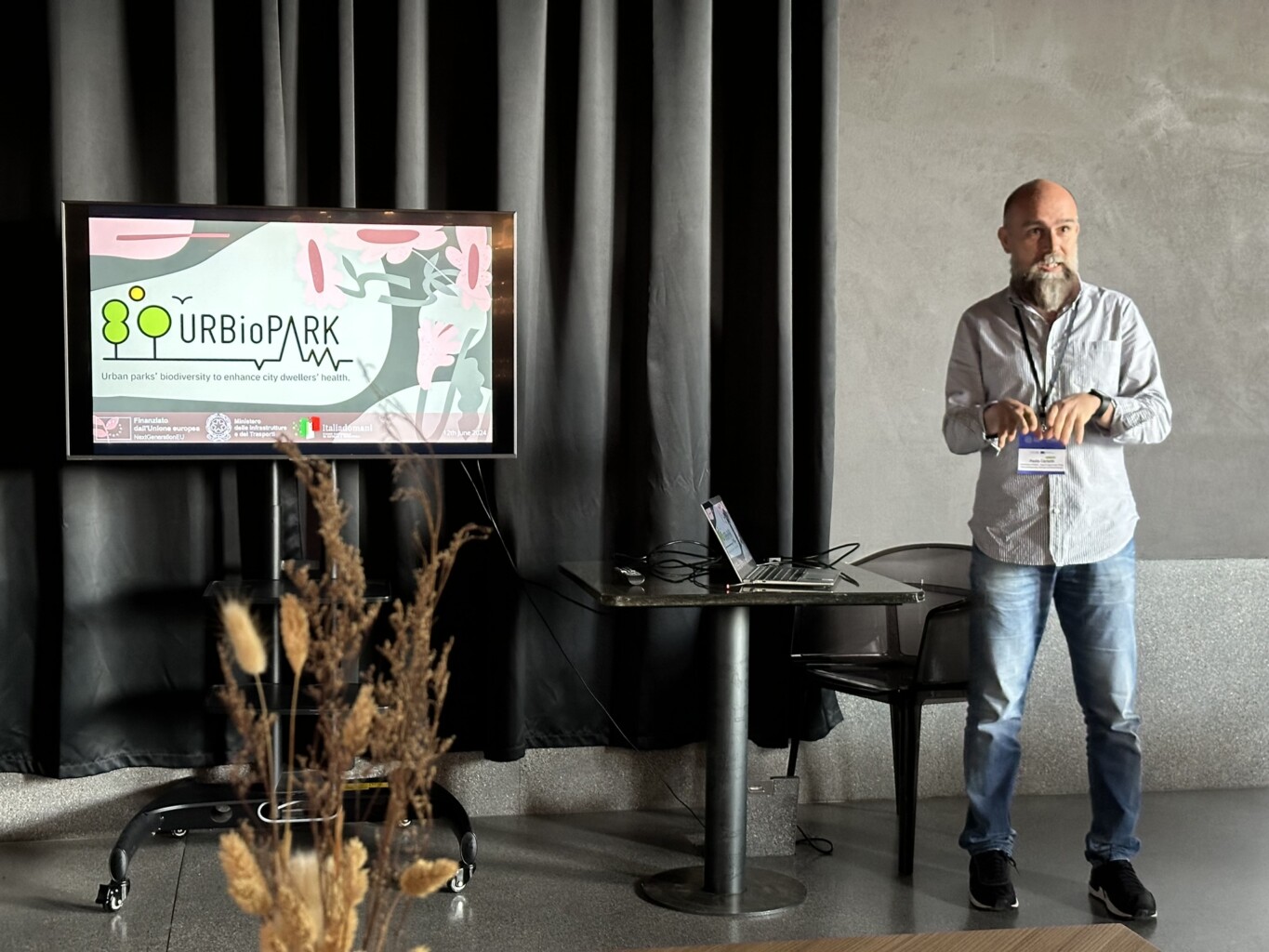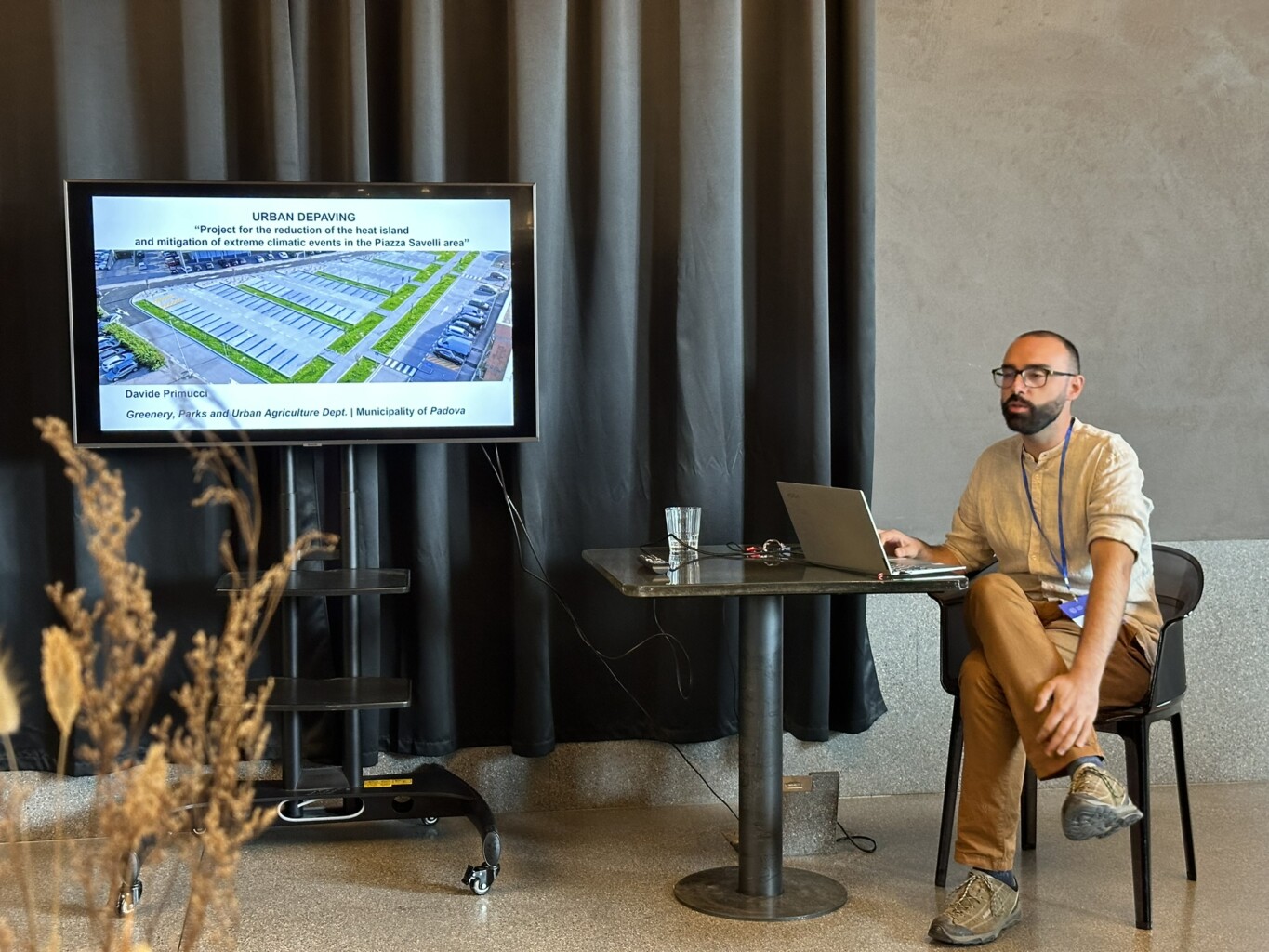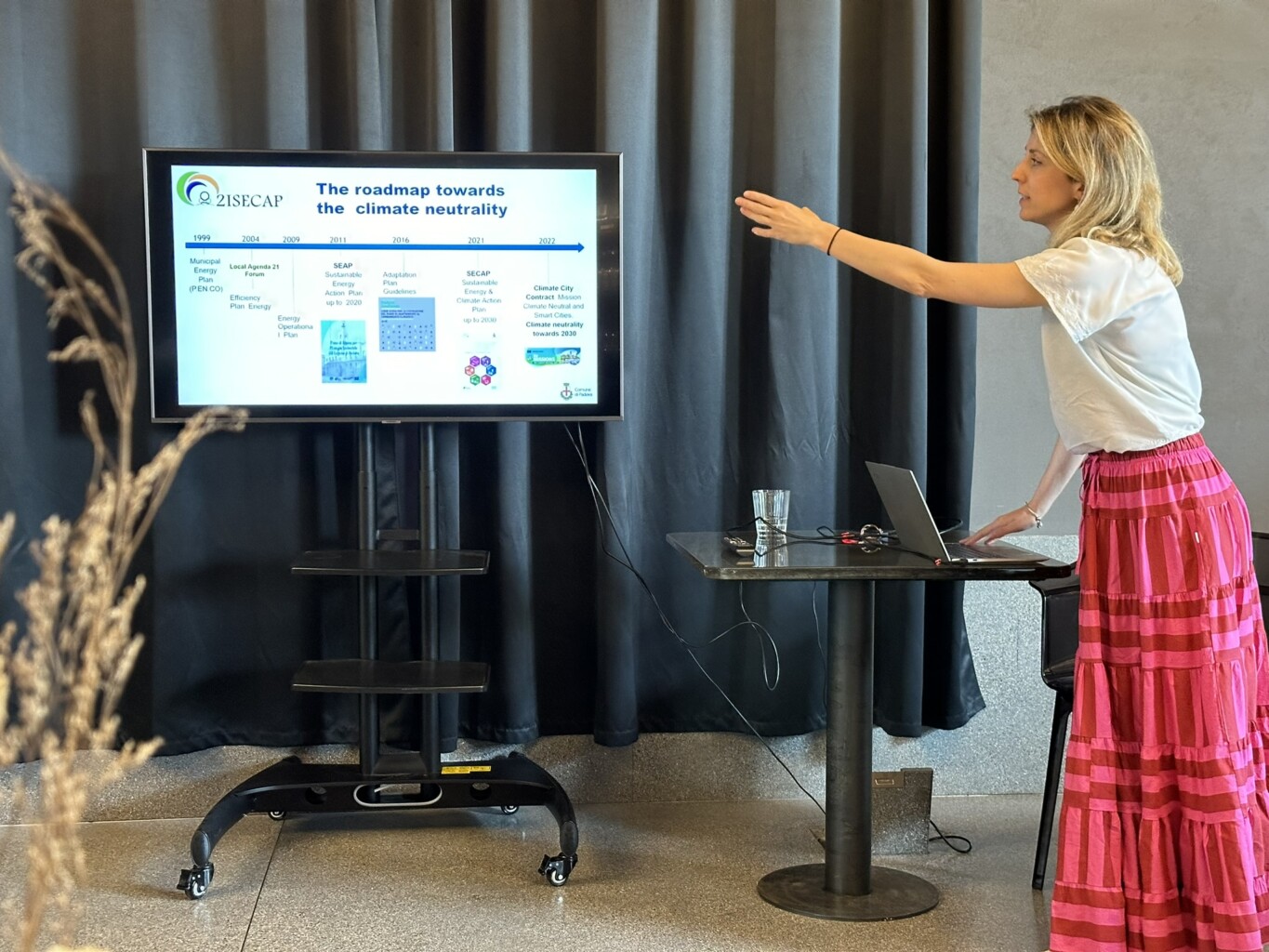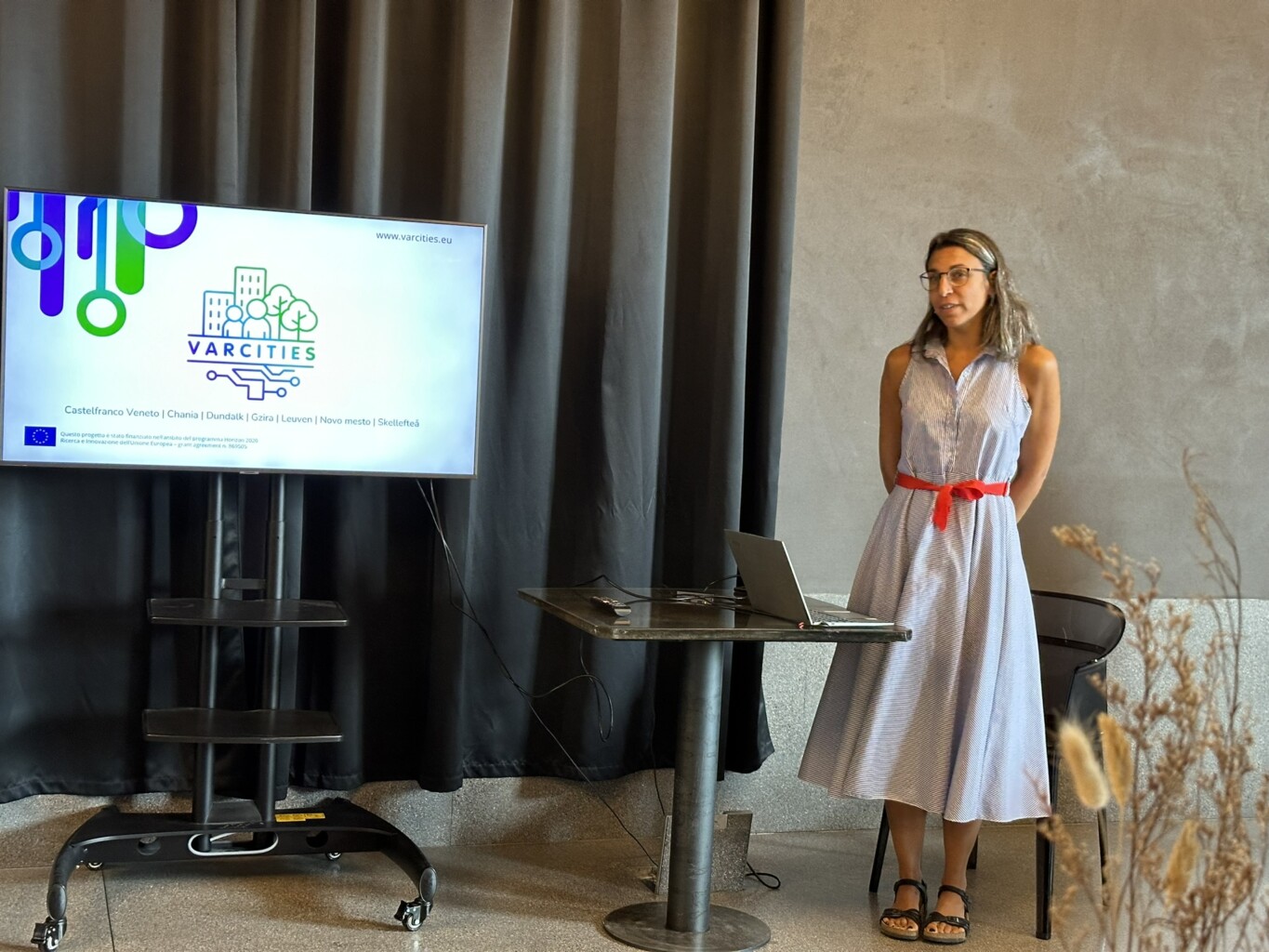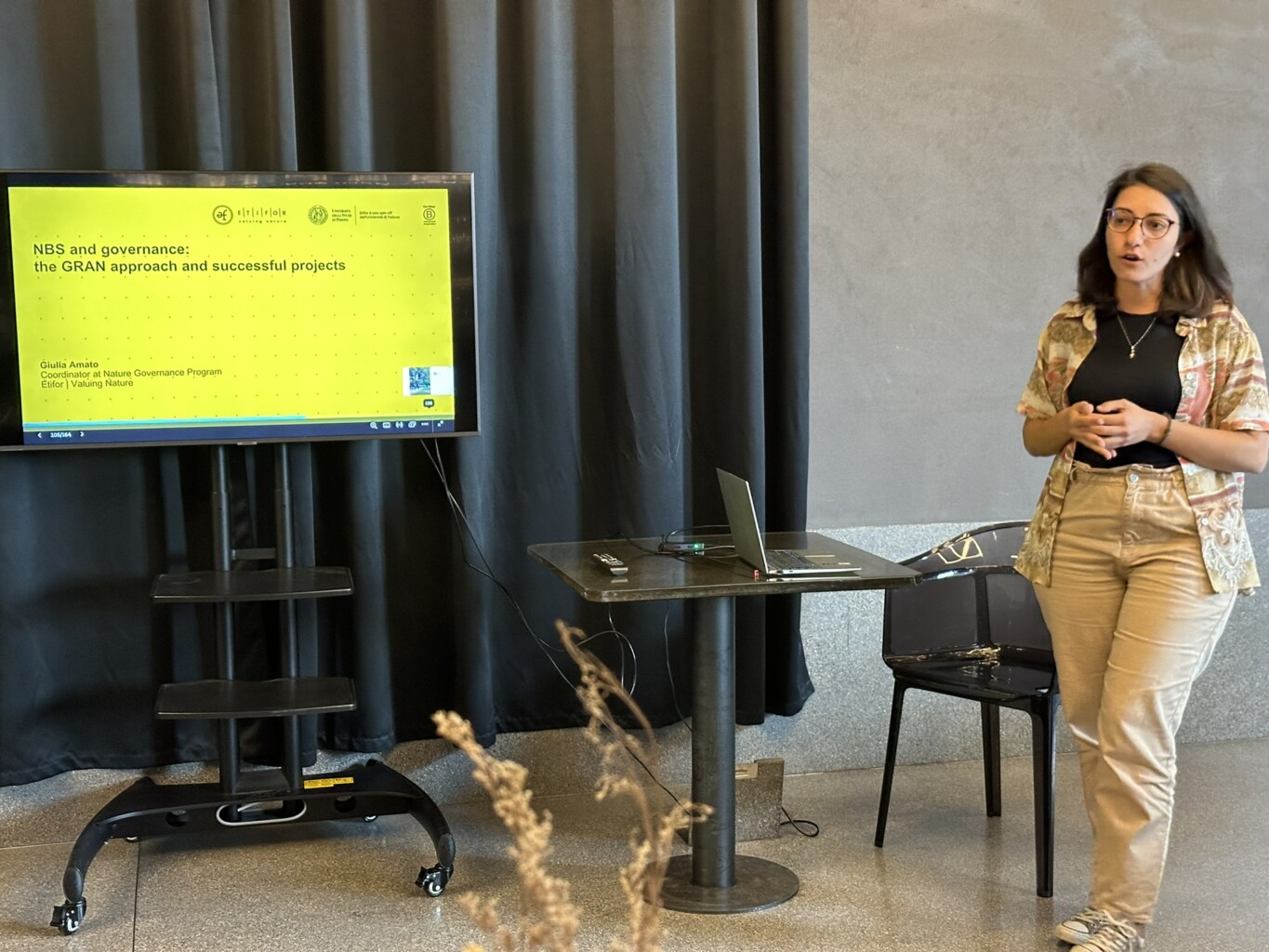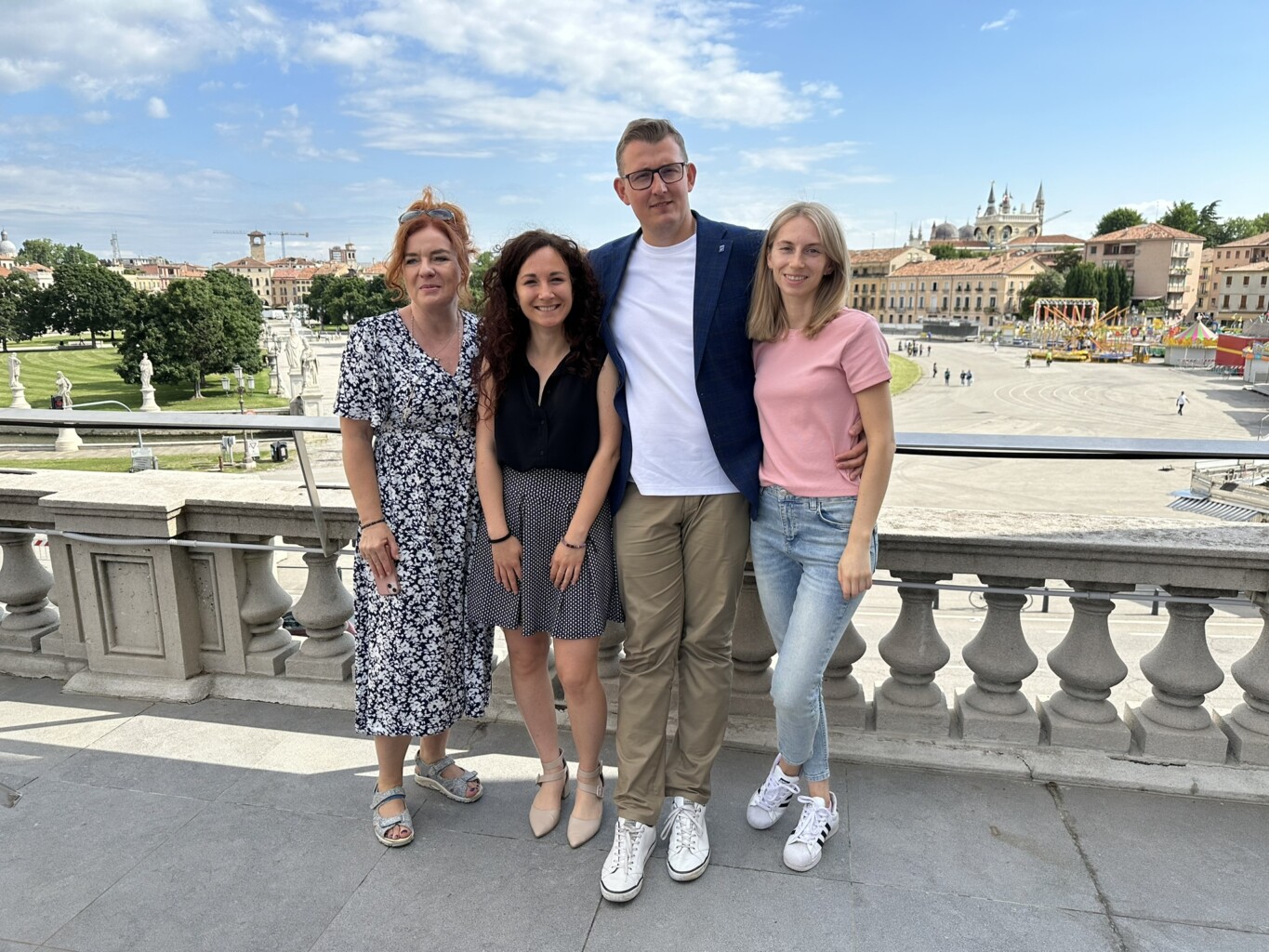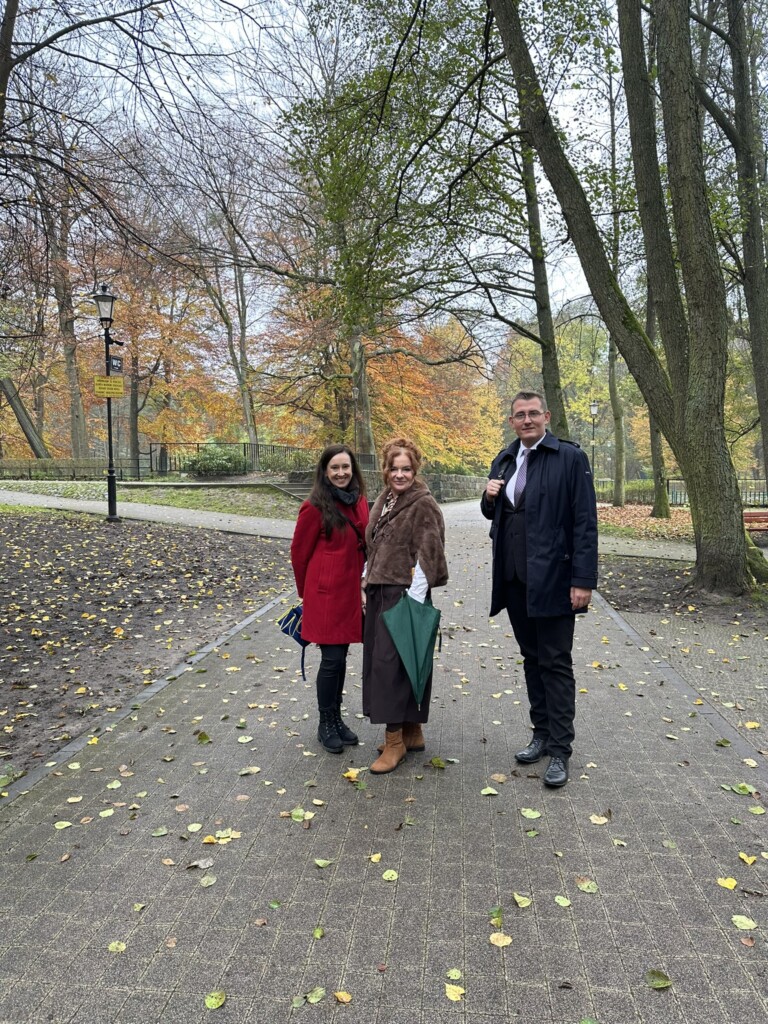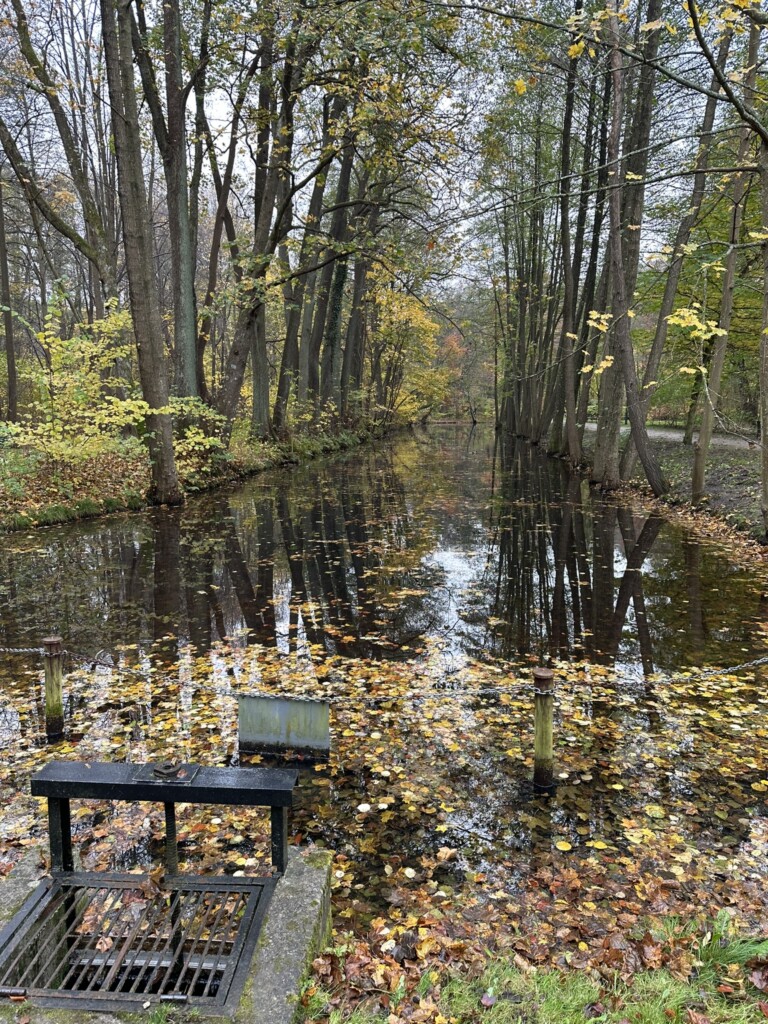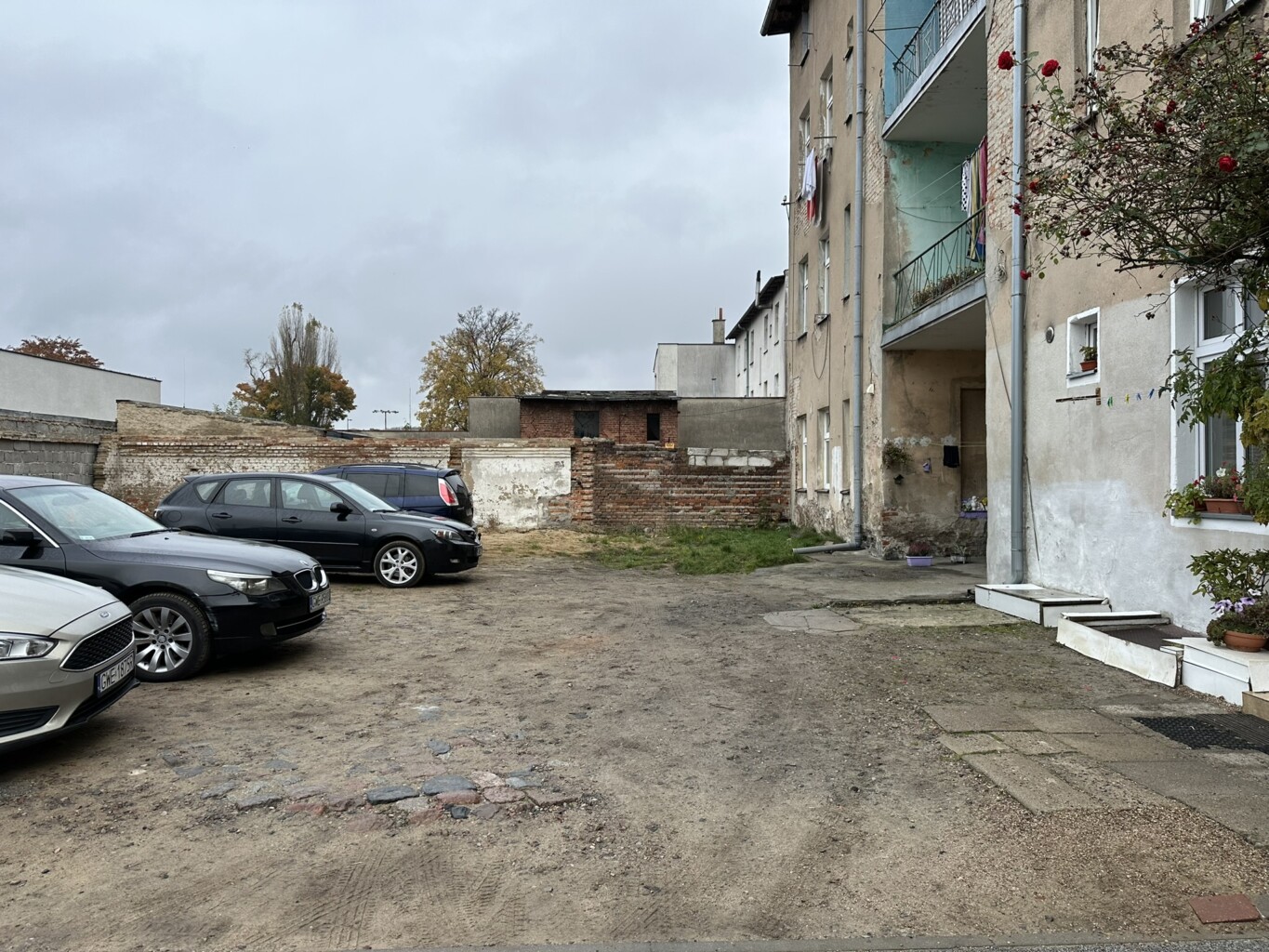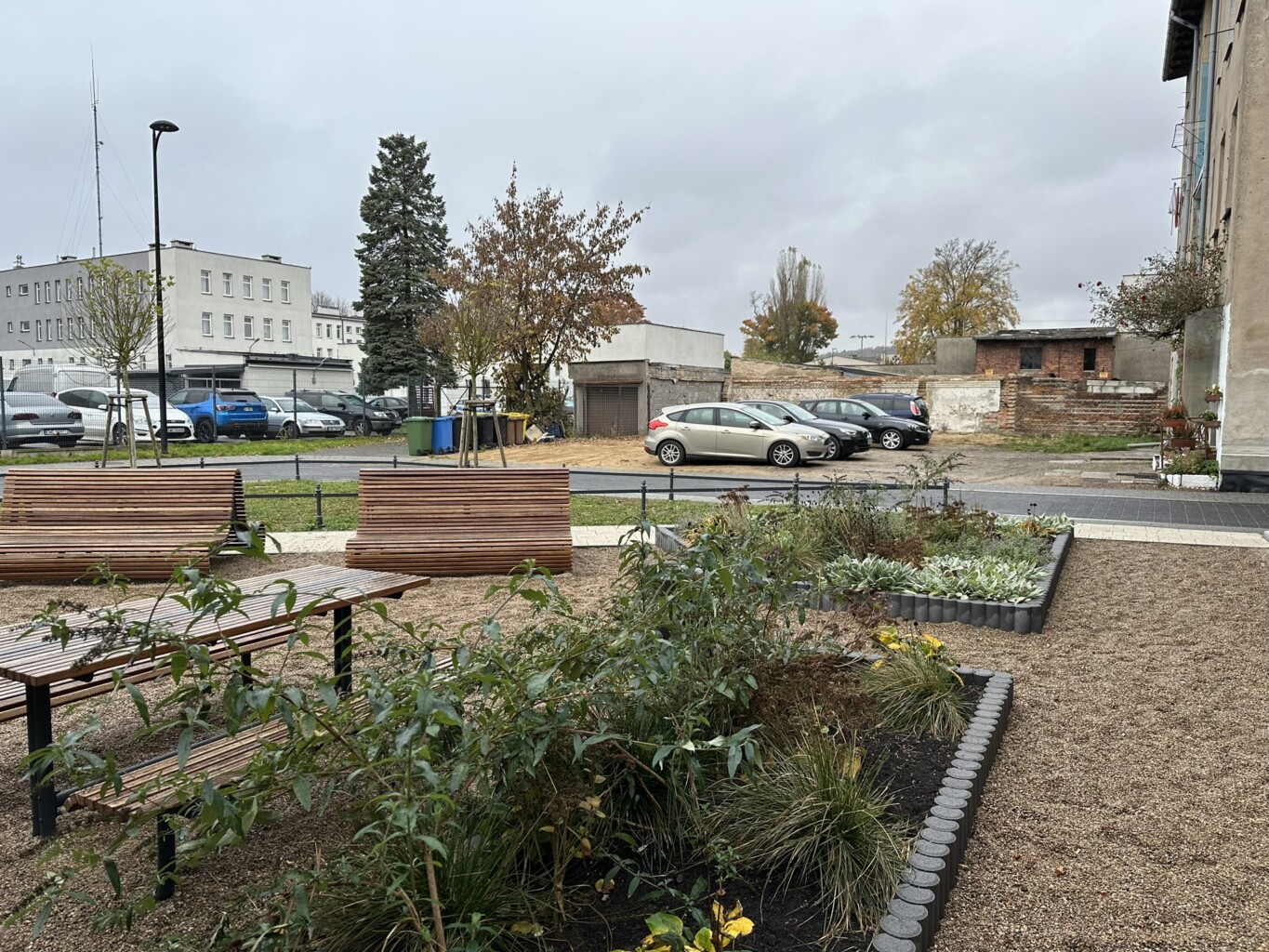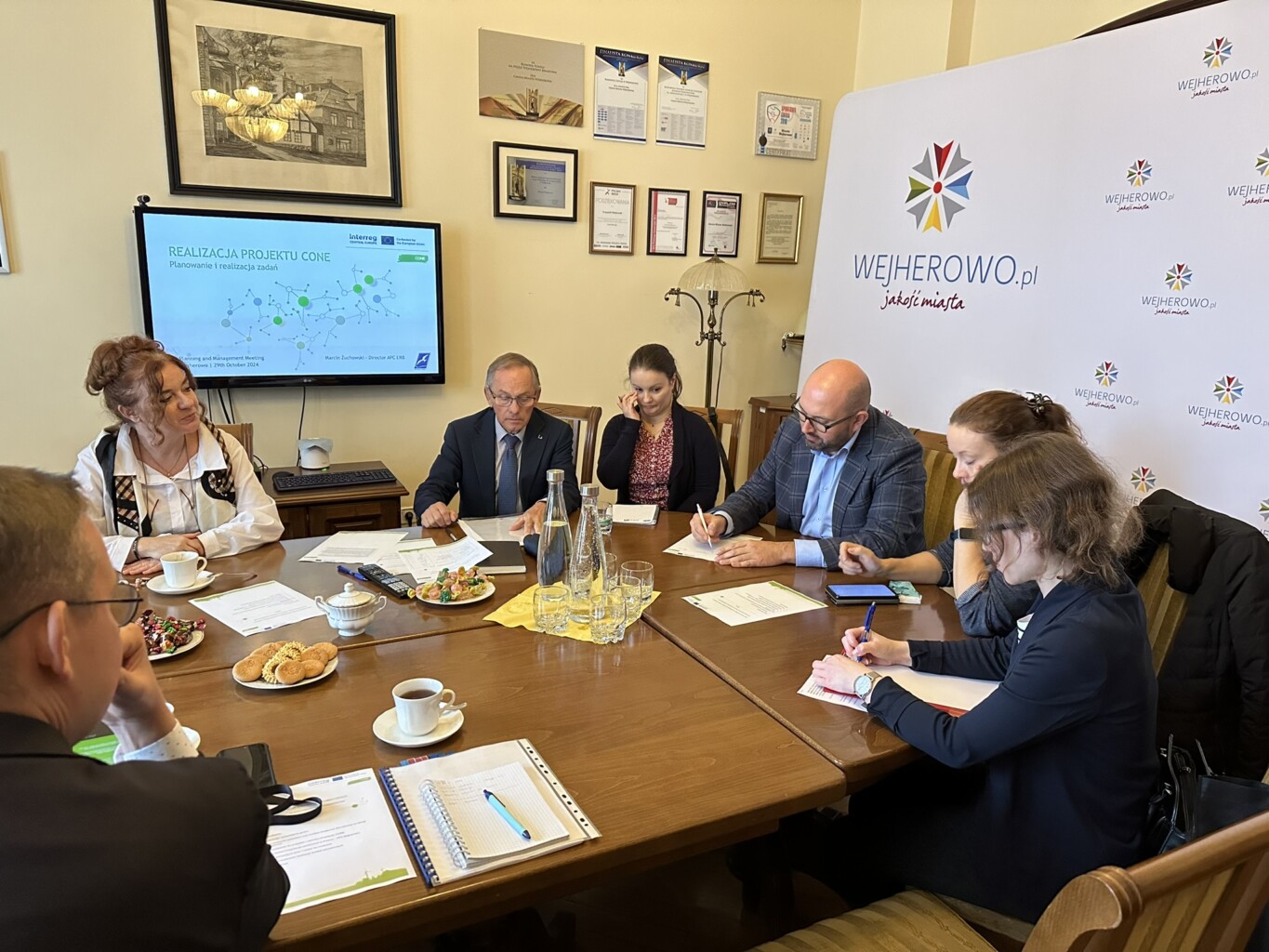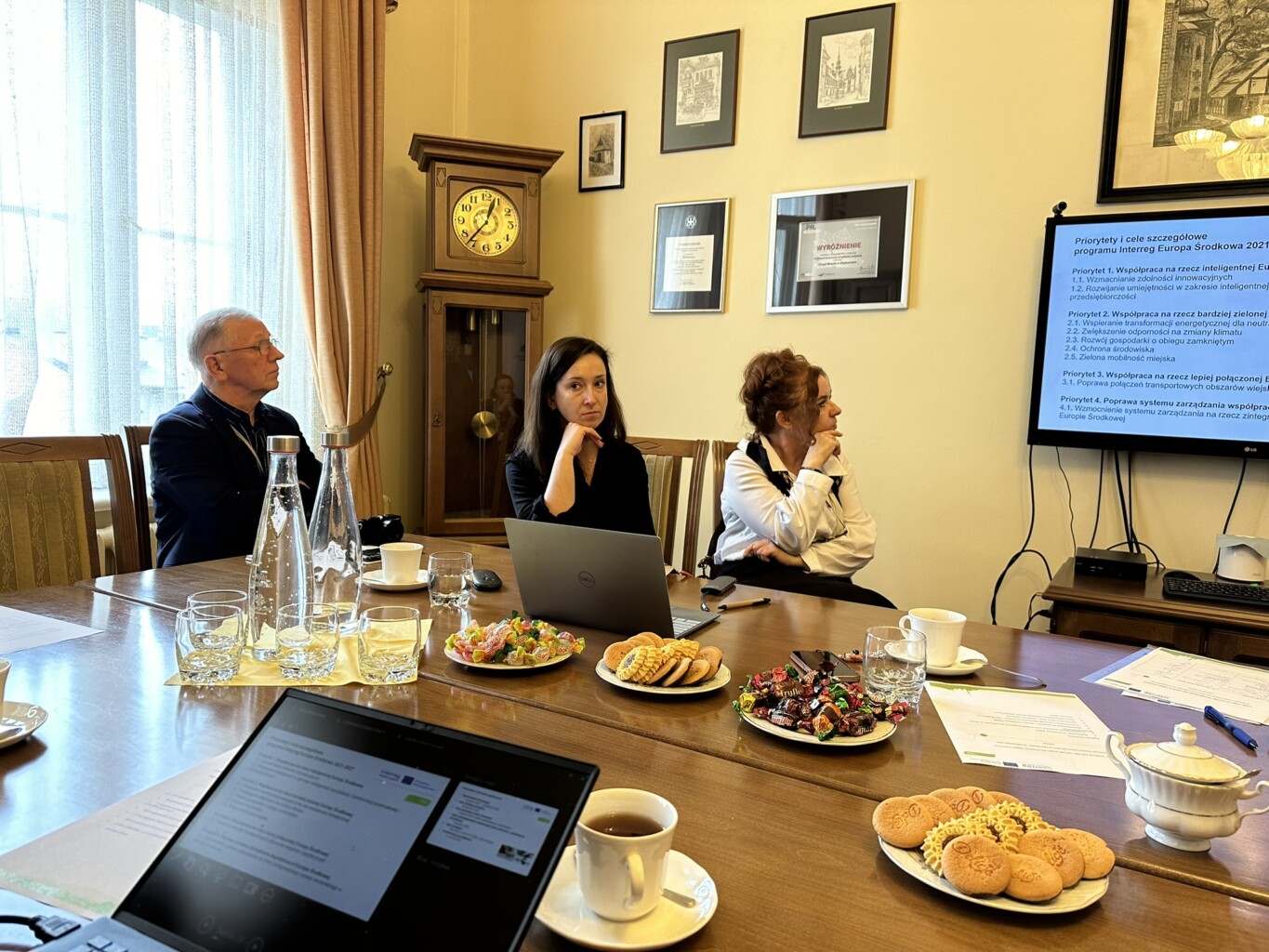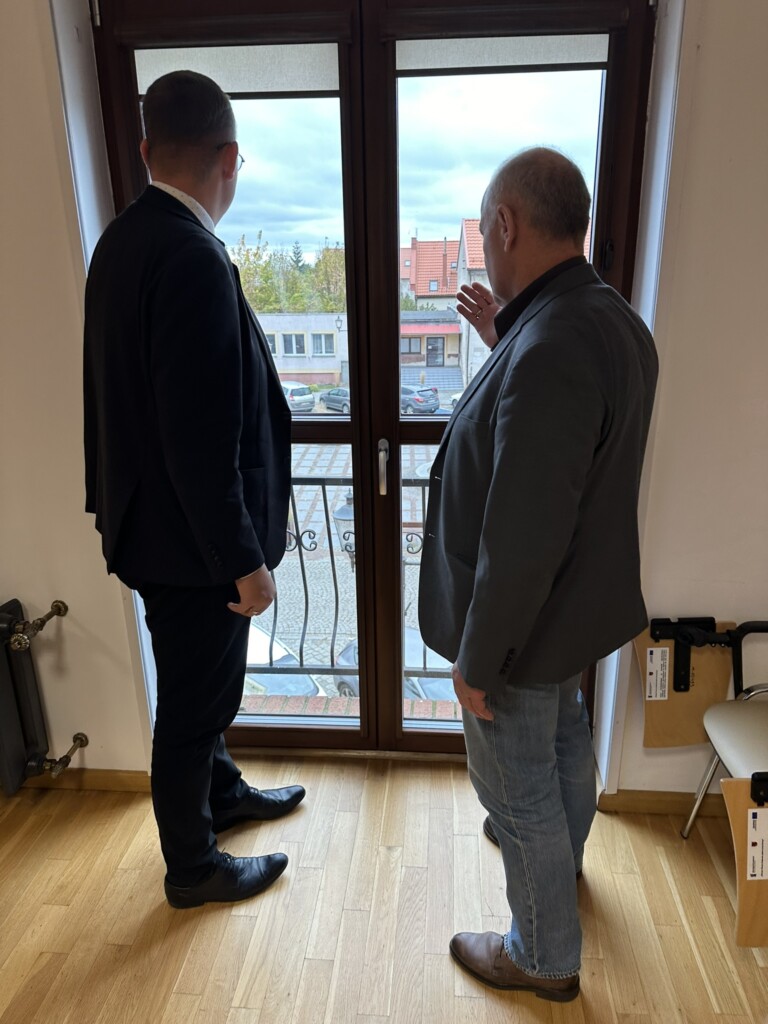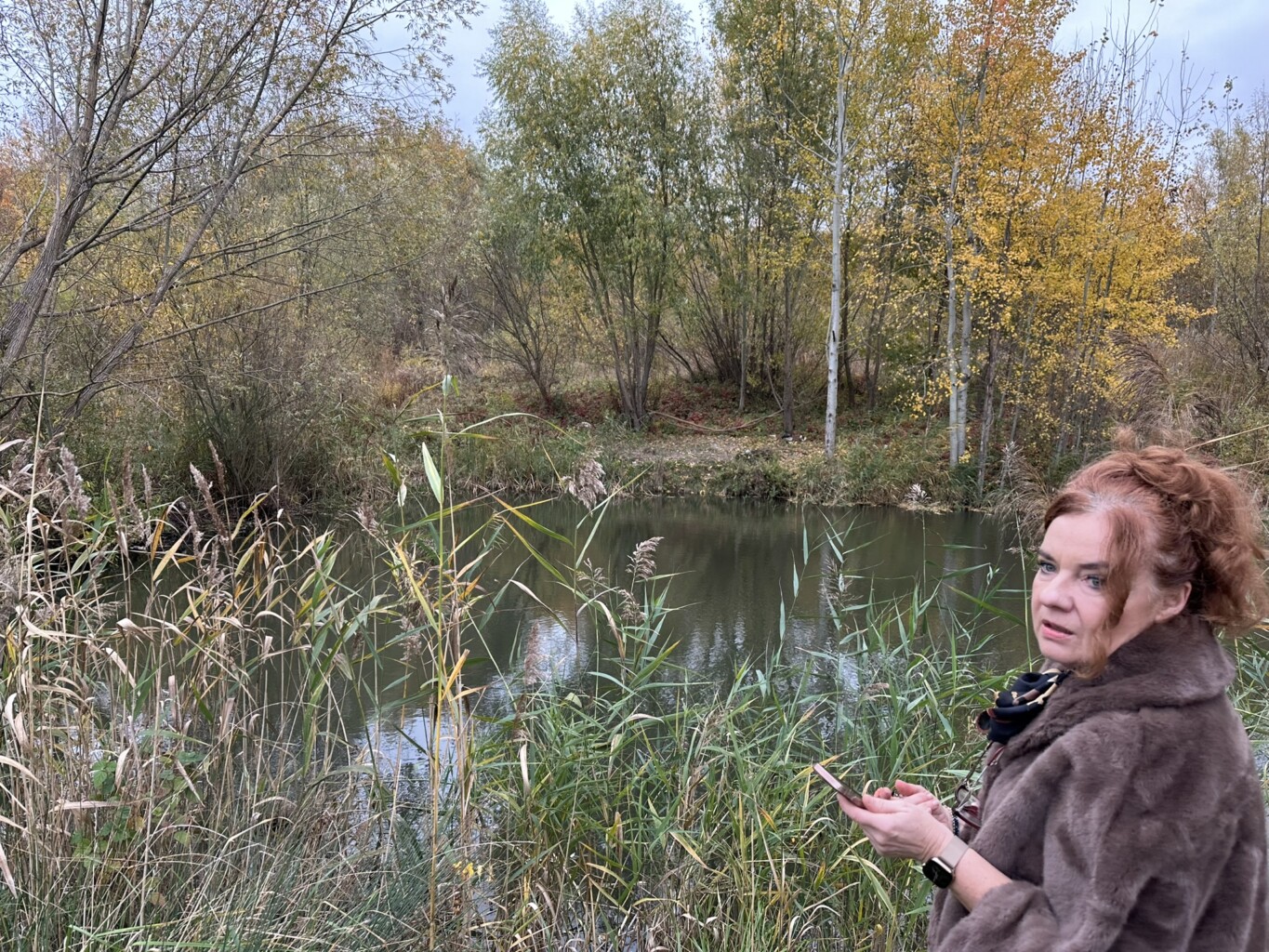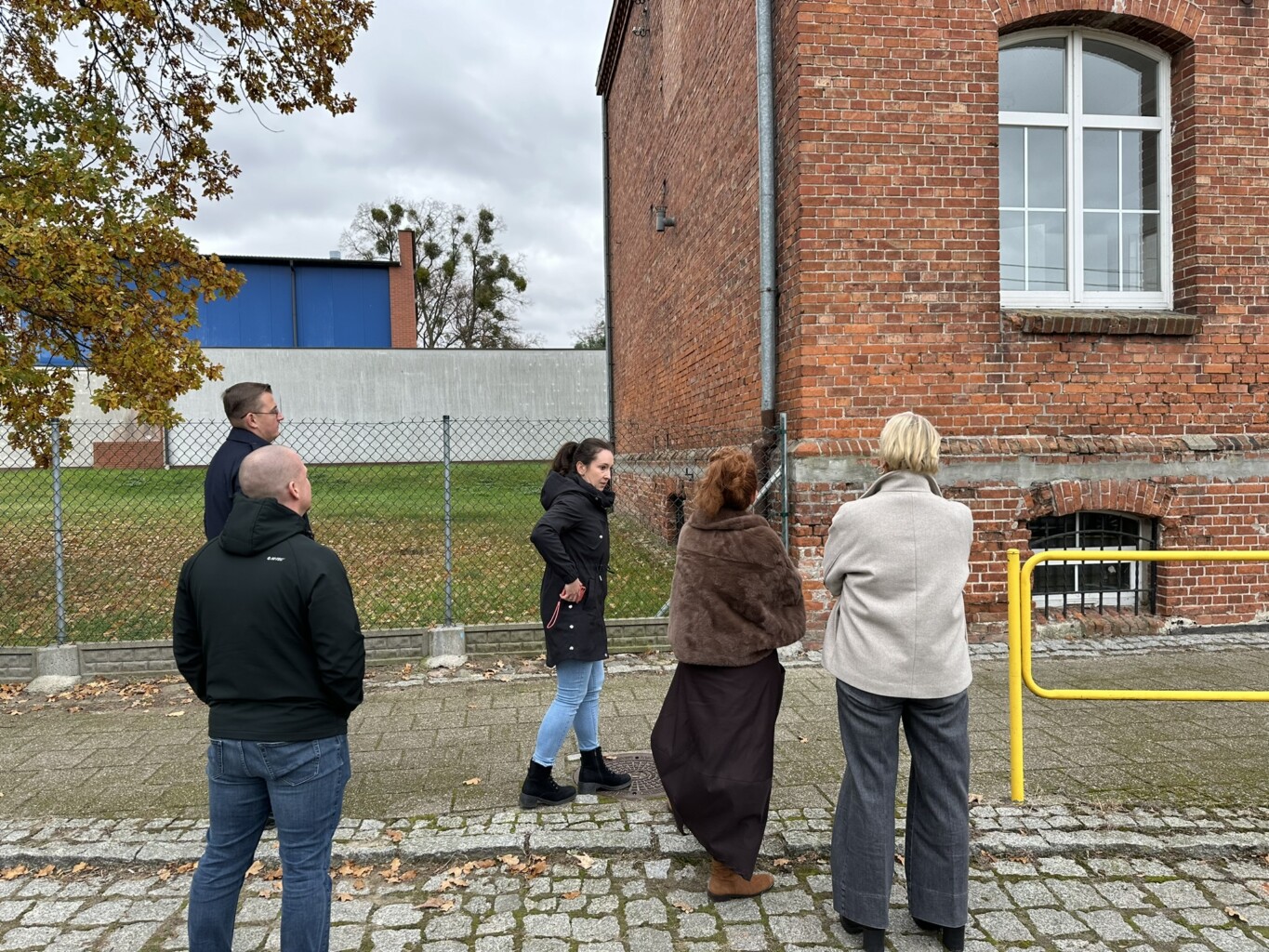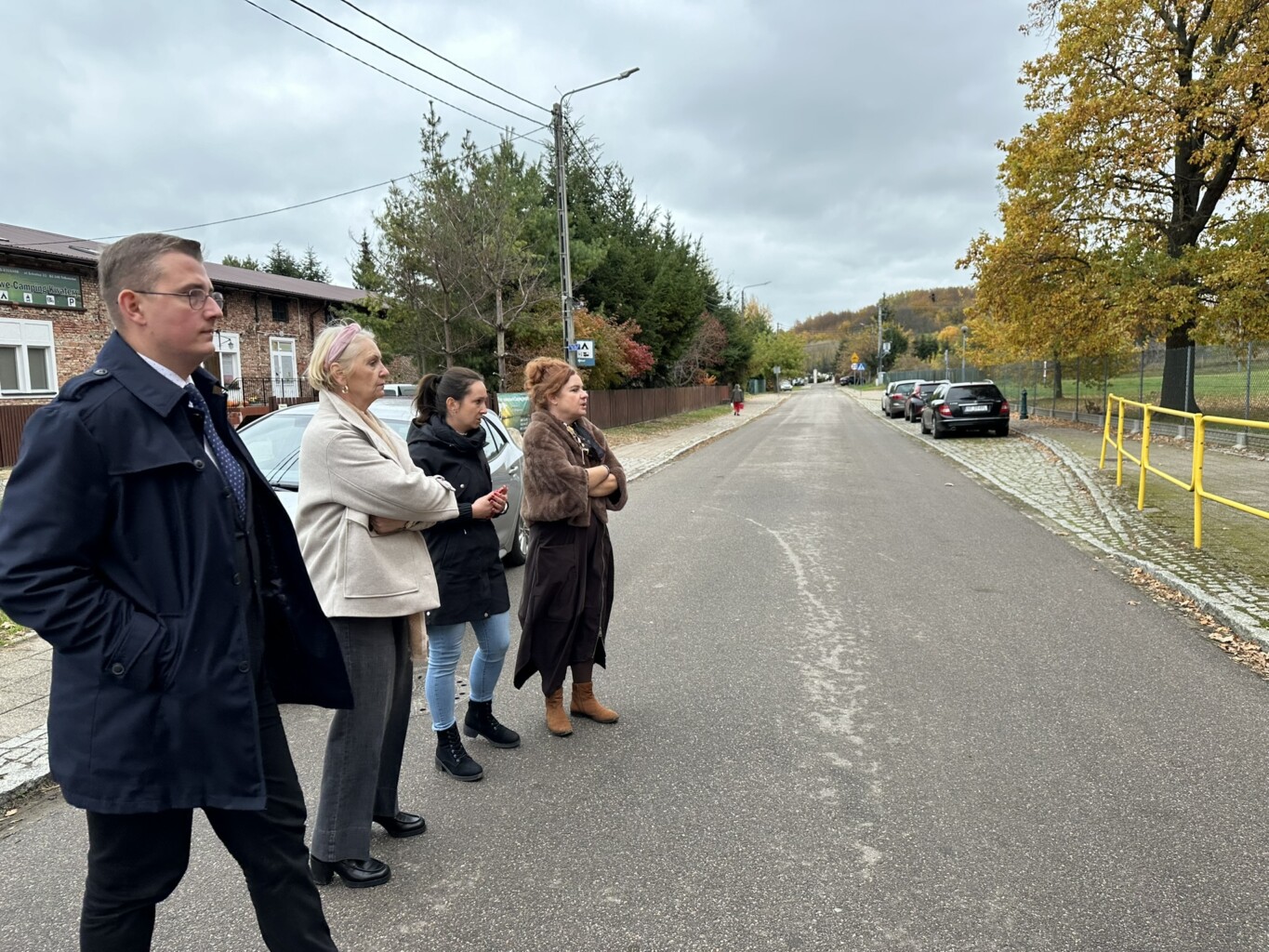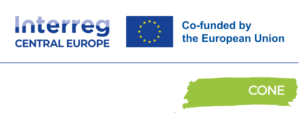
CONE
INTERREG Central Europe, No CE0200766
BURST Non-profit ltd. (HU)
Wejherowo Municipality (PL)
Association of Polish Communes Euroregion Baltic (PL)
Gdańsk University of Technology (PL)
South Bohemian Agency for Support to Innovation (CZ)
City of České Budějovice (CZ)
Municipality of Poljcane (SI)
Municipality of Jászberény (HU)
Padua municipality (IT)
Project related events

Kick-off of CONE project
The conference starting the new project CONE- Cities of Nature: nature-based solutions in Urban Living Labs took place in Padua […]
CONE- Cities of nature: nature-based solutions in urban living labs
This month, we began the implementation of the CONE project - Cities of Nature, which focuses on nature-based solutions in […]
CONE - Cities of nature: nature-based-solutions in urban living labs
The project aims to establish a multidimensional “Living Lab” to apply nature-based solutions in local contexts as a cross-sectoral, more digital, and democratic approach to mitigating and adapting to climate change. The project contributes to increasing resilience to climate change and natural disasters by implementing tailored measures with a participatory approach and supporting integrated climate adaptation policies at the local and regional levels.
Due to significant environmental, socio-economic, and human health impacts, Central European regions must increase resilience to climate change. According to the conceptual framework of the Joint Research Centre (JRC) on resilience, it is defined as the ability to face shocks and lasting structural changes in such a way that social welfare is maintained without compromising the heritage of future generations (JRC). To achieve this and ensure further urban development and adaptation of the local urban environment, CONE aims to address identified challenges and needs through local innovation living labs that engage actors from the quadruple helix: public sector, private sector, civil society, and academia.
The Urban Living Lab method includes three implementation phases:
- Joint research and context analysis to confirm identified challenges and recognize needs and barriers in the local context.
- Experimental phase, which includes ideation of innovative solutions, their incubation, and strategy development.
- Experiments and feedback: testing the implemented solution, collecting feedback, suggestions for improvements, validation, and replication.
There is a strong need to incorporate climate change issues into strategic risk-based planning and resilience-enhancing measures. Therefore, the innovation lies in a more democratic and data-driven approach that leads to community empowerment and raising awareness regarding climate change and potential mitigation and adaptation solutions. Within this framework, even if not technologically advanced, nature-based solutions can be a valuable and sustainable ally in combination with a participatory approach.
The CONE project will explore how the Urban Living Lab approach can be scalable and adaptable in more rural, small, and medium-sized settlements in Europe. The partnership will select co-creation / participatory design, implementation, and monitoring methods for NBS that are feasible and affordable in such Central European municipalities. The main focus will be on exploring and testing specific “living lab” methods that help municipalities design and implement - based on broader citizen engagement and better data collection, management, and use.
PROJECT BRIEF
Program: INTERREG Central Europe
Project Area: Circular economy, nature-based solutions, social inclusion in motivational activities
Project Scope: Local and transnational
Role of STG ERB: Partner with its own budget
Funding Level: 80%
Project Budget: 1 424 656,00 EUR
STG ERB Budget: 167 520,00 EUR
Project Consortium: The project is implemented jointly with 10 full partners and 5 associated partners from Poland, Italy, Czech Republic, Hungary, and Slovenia.
